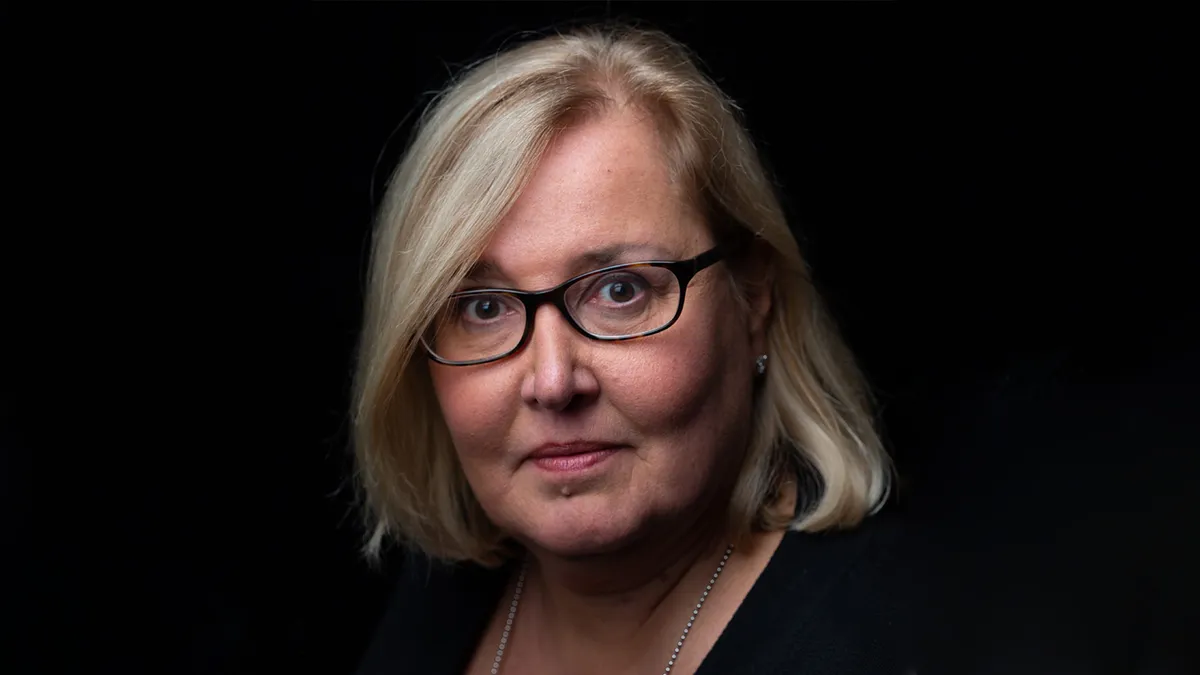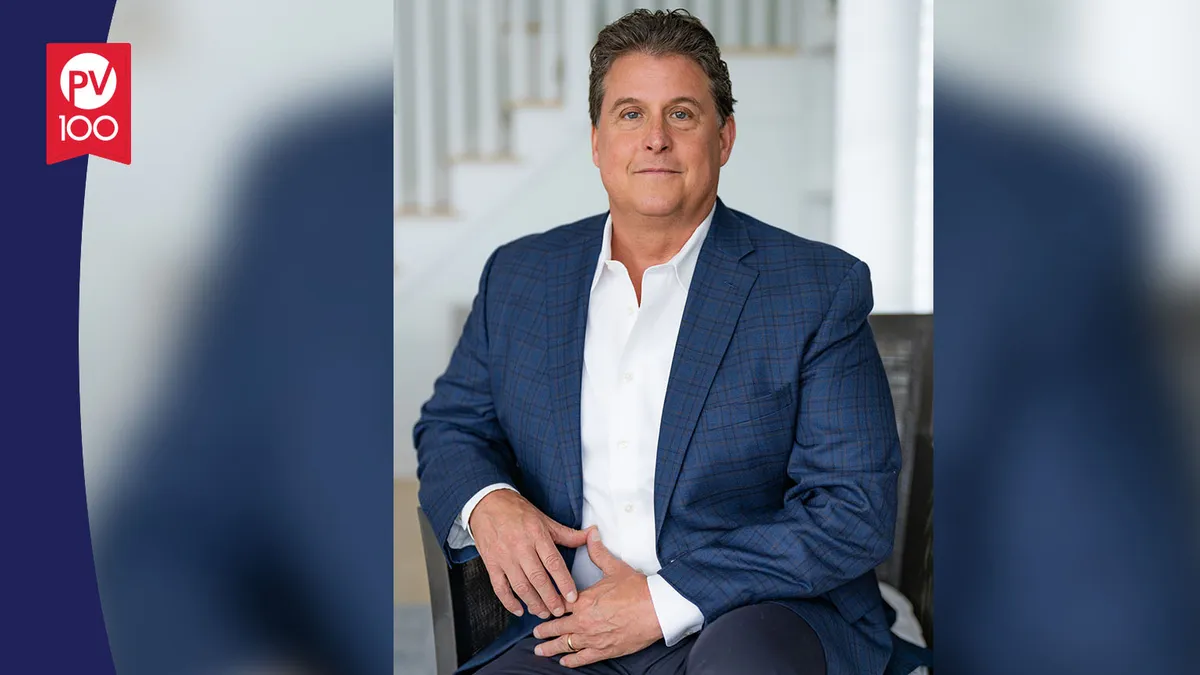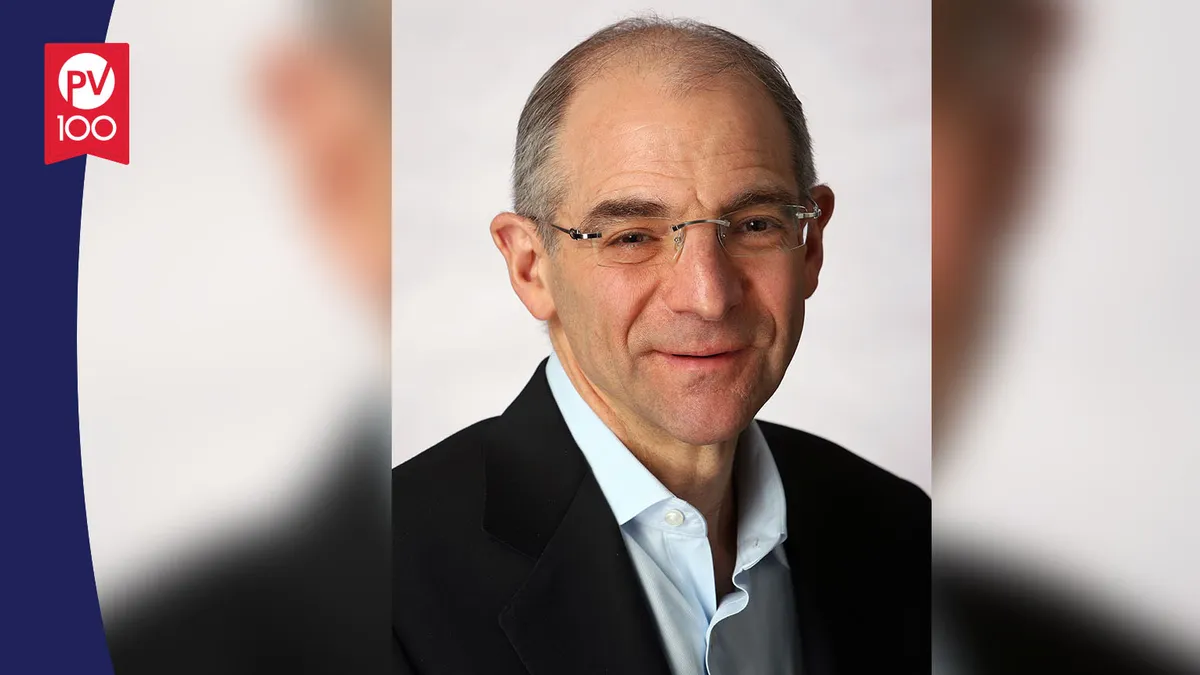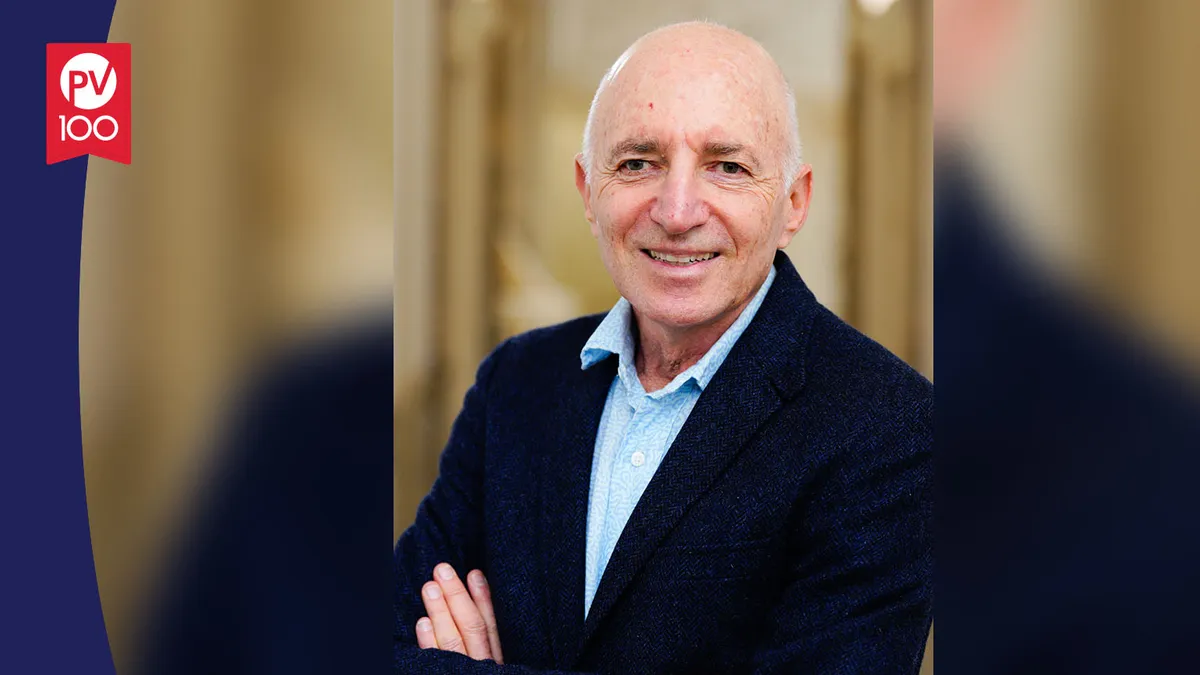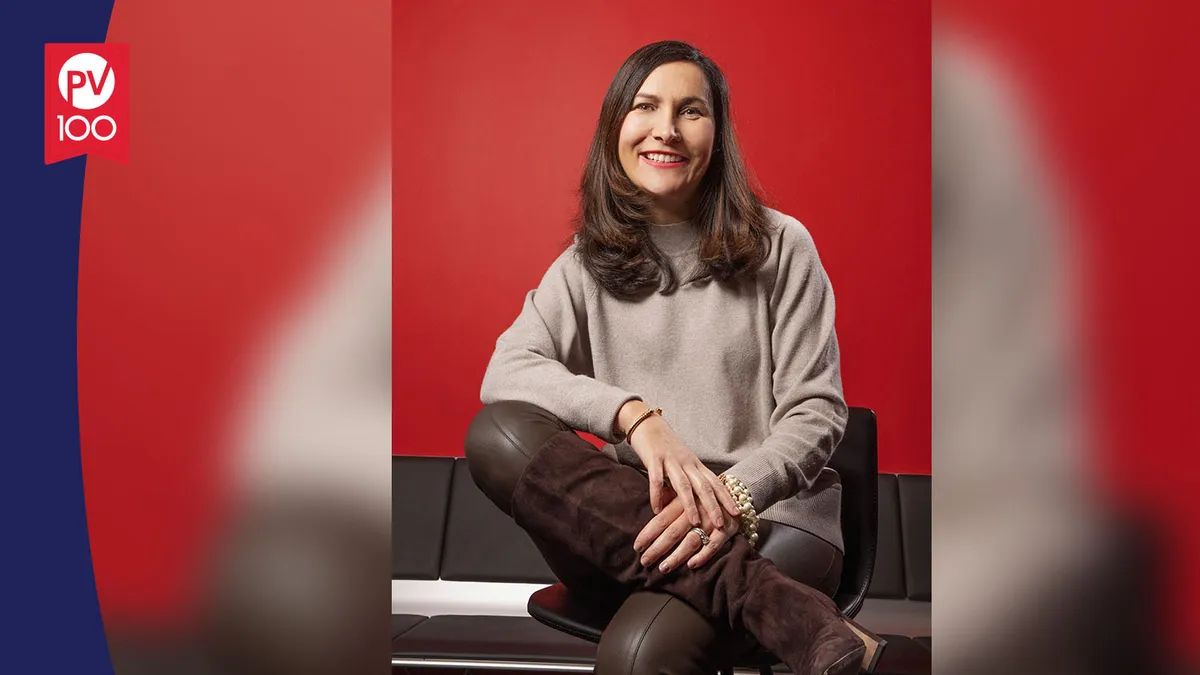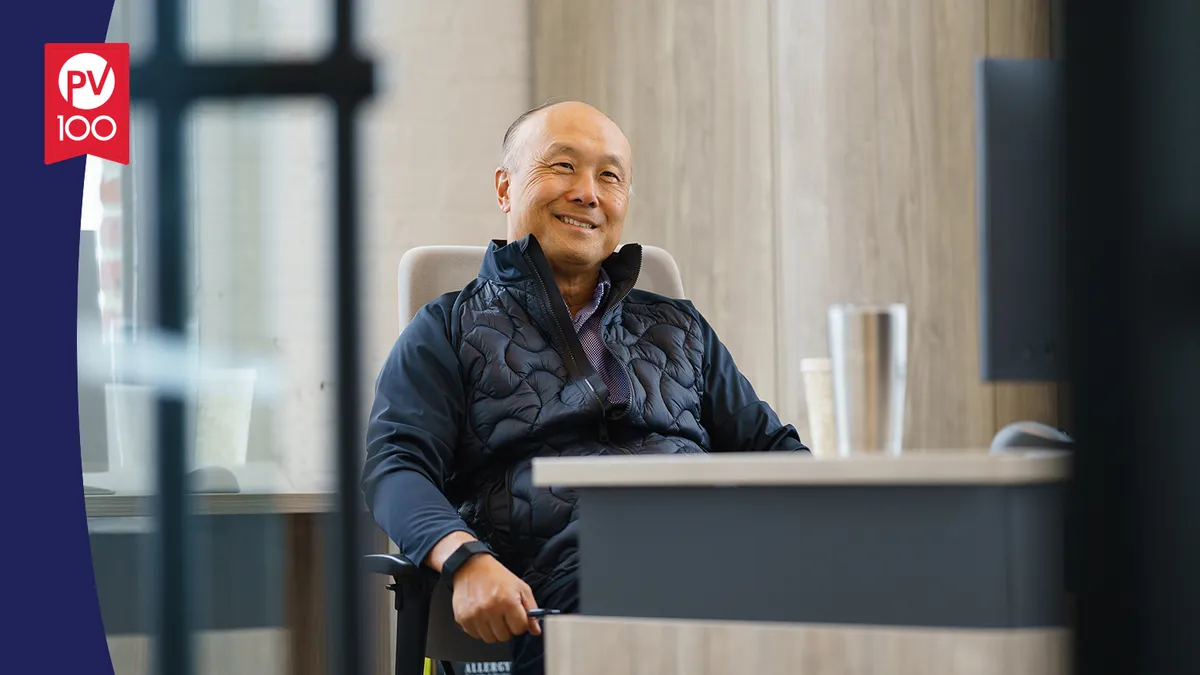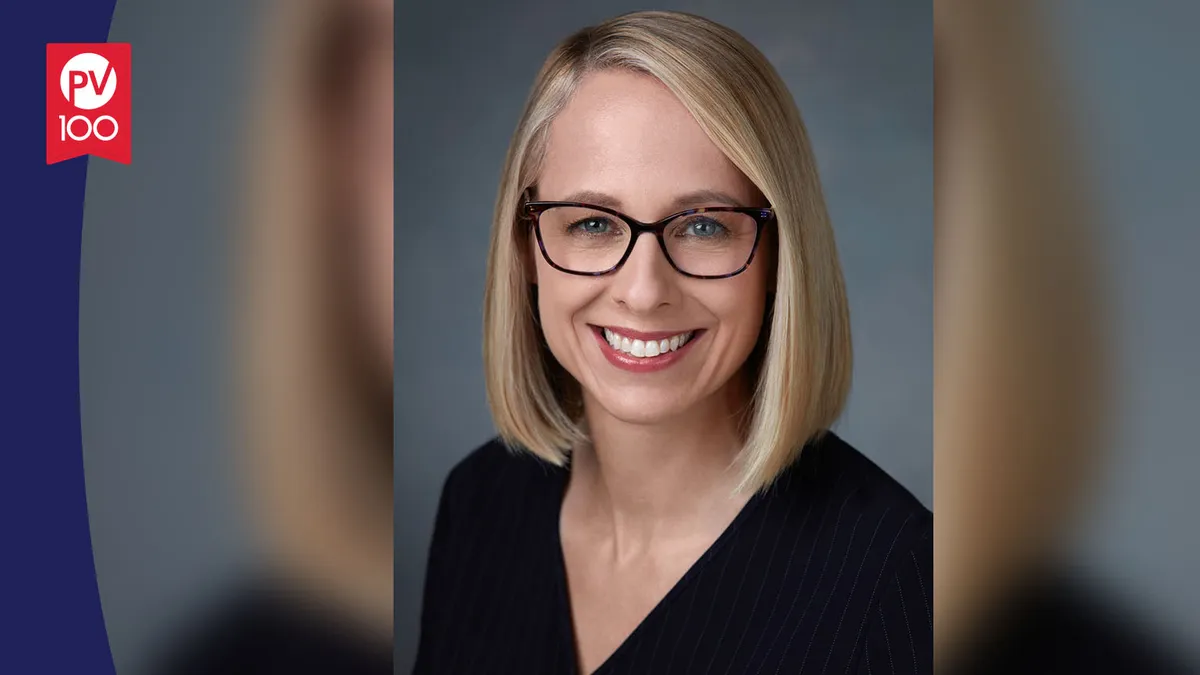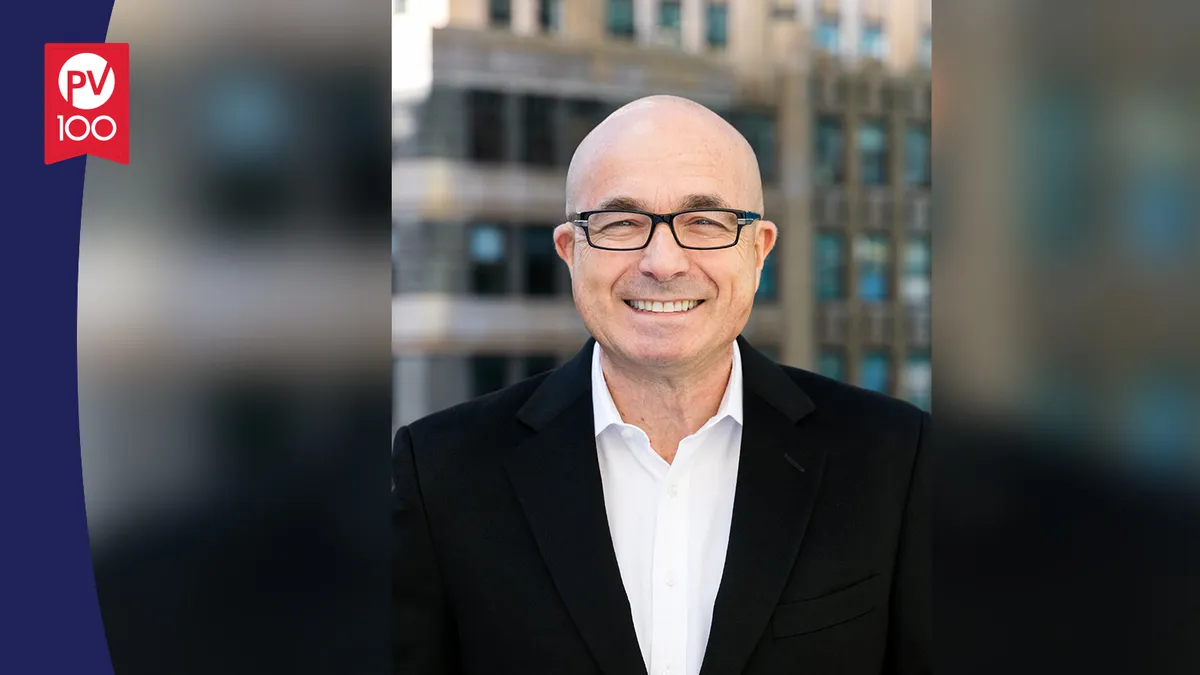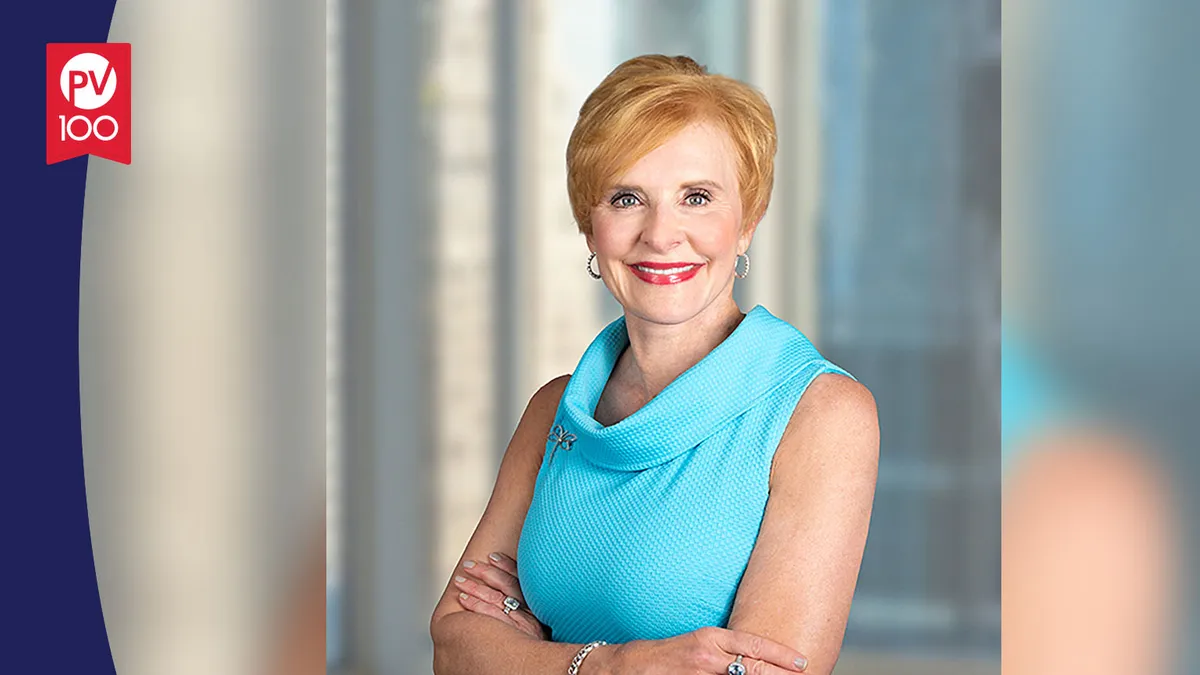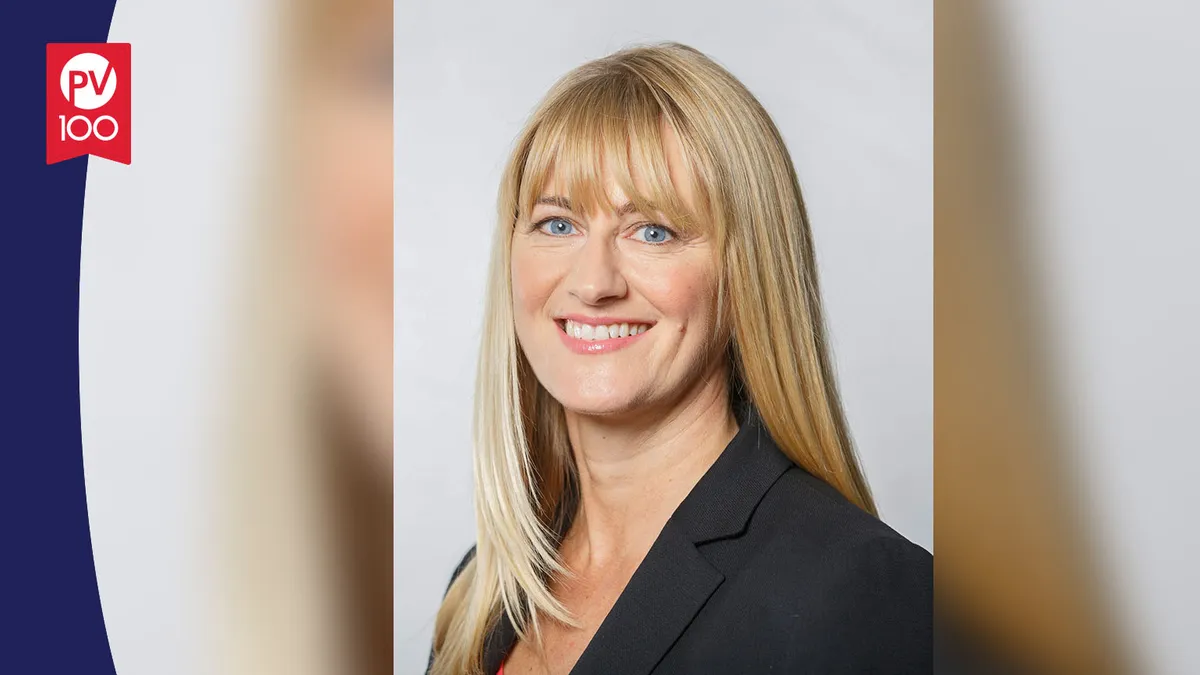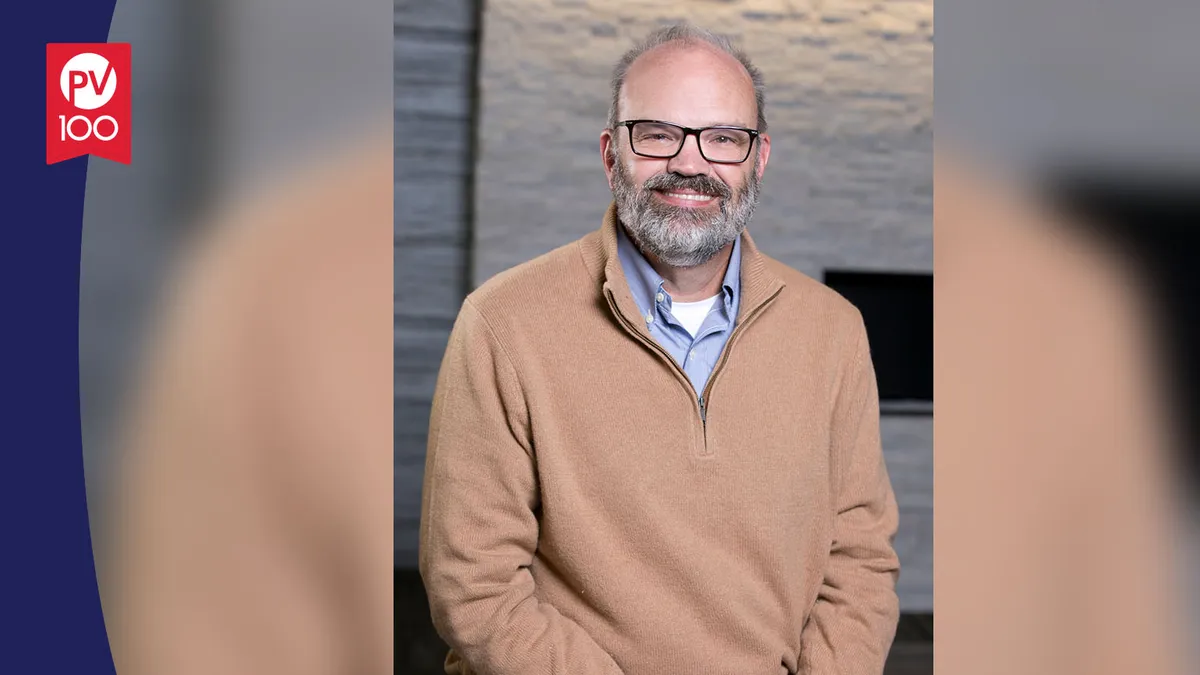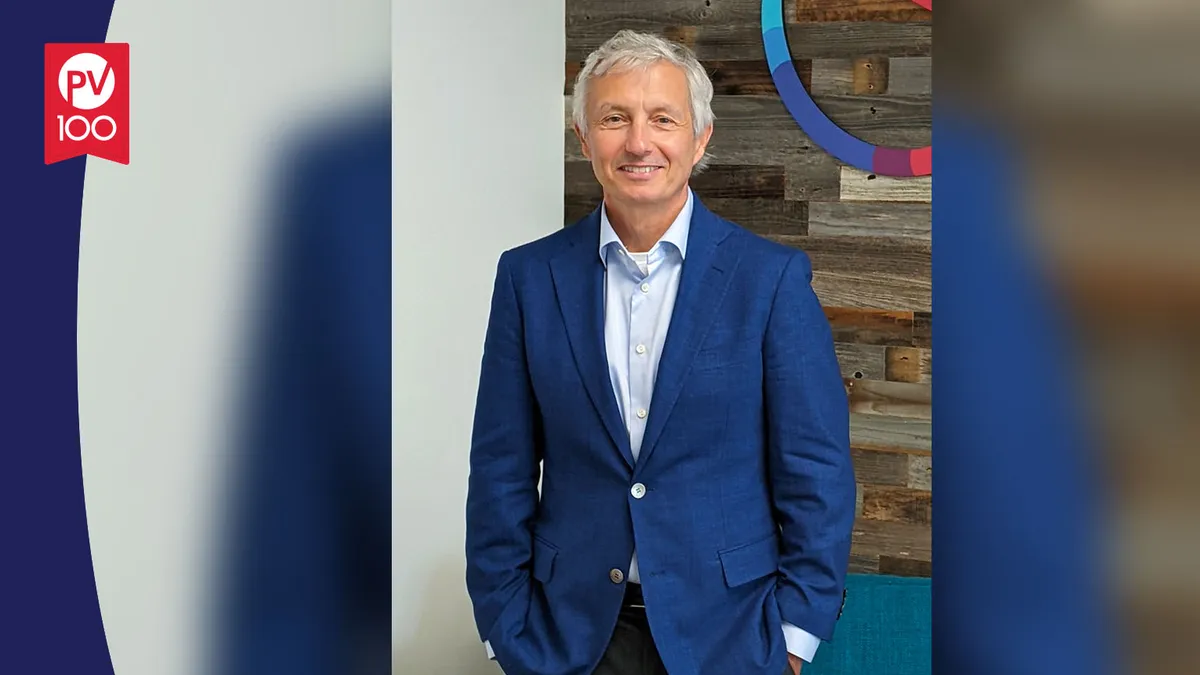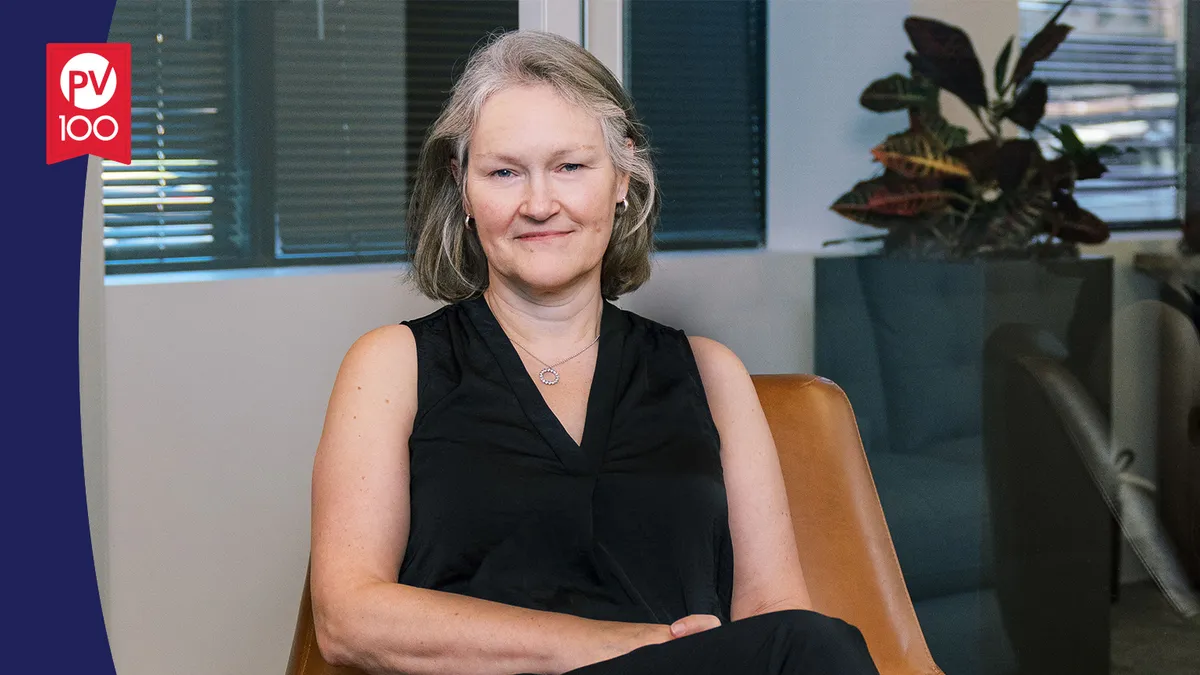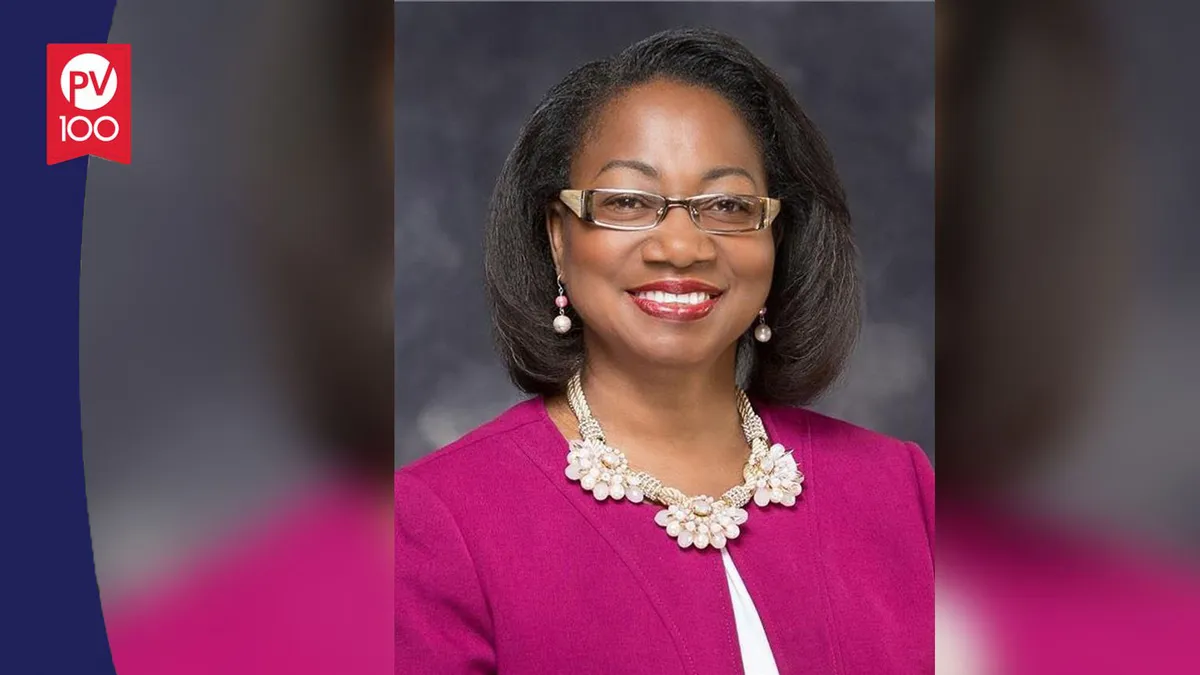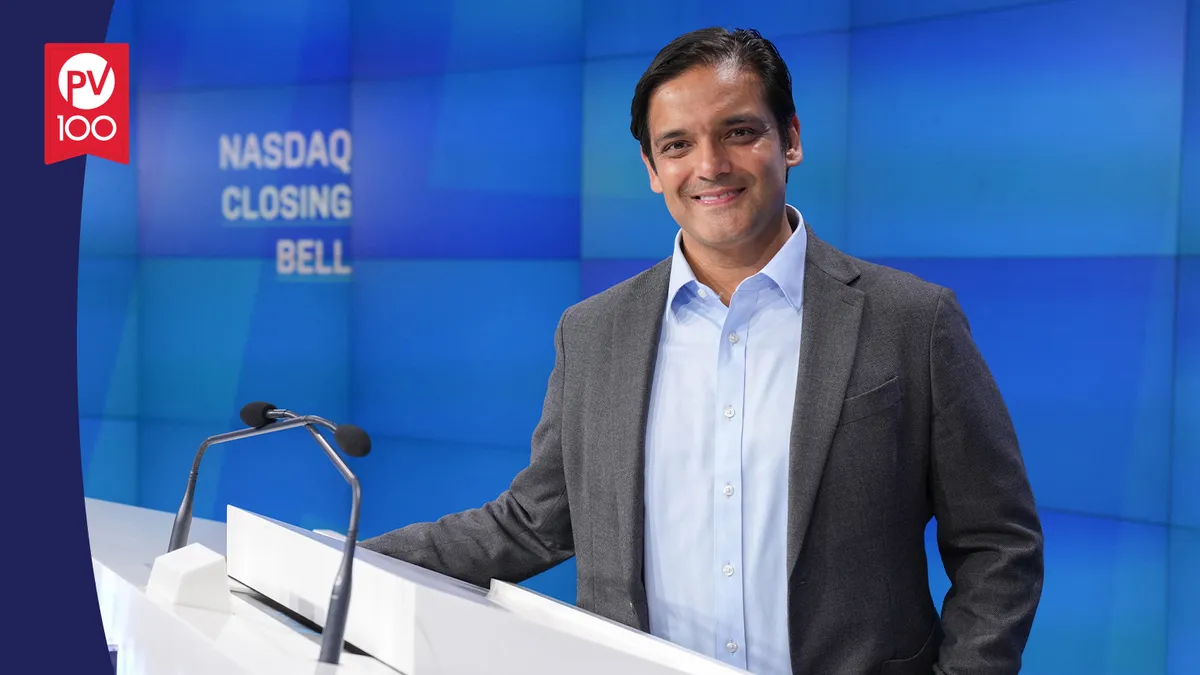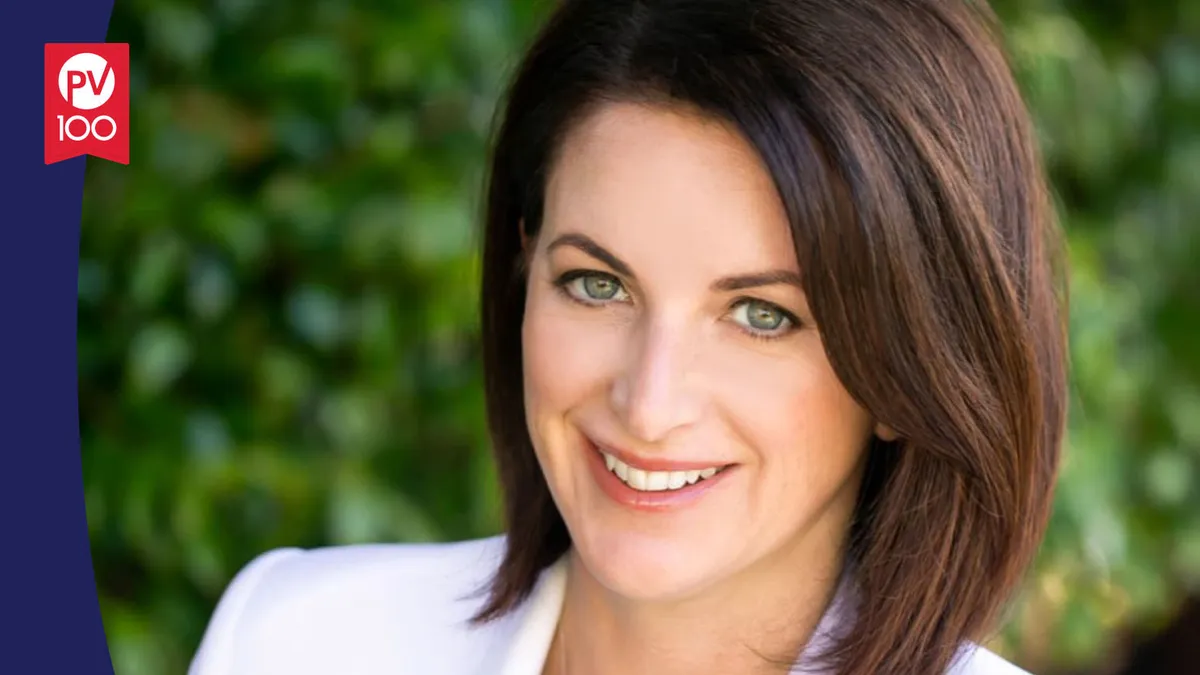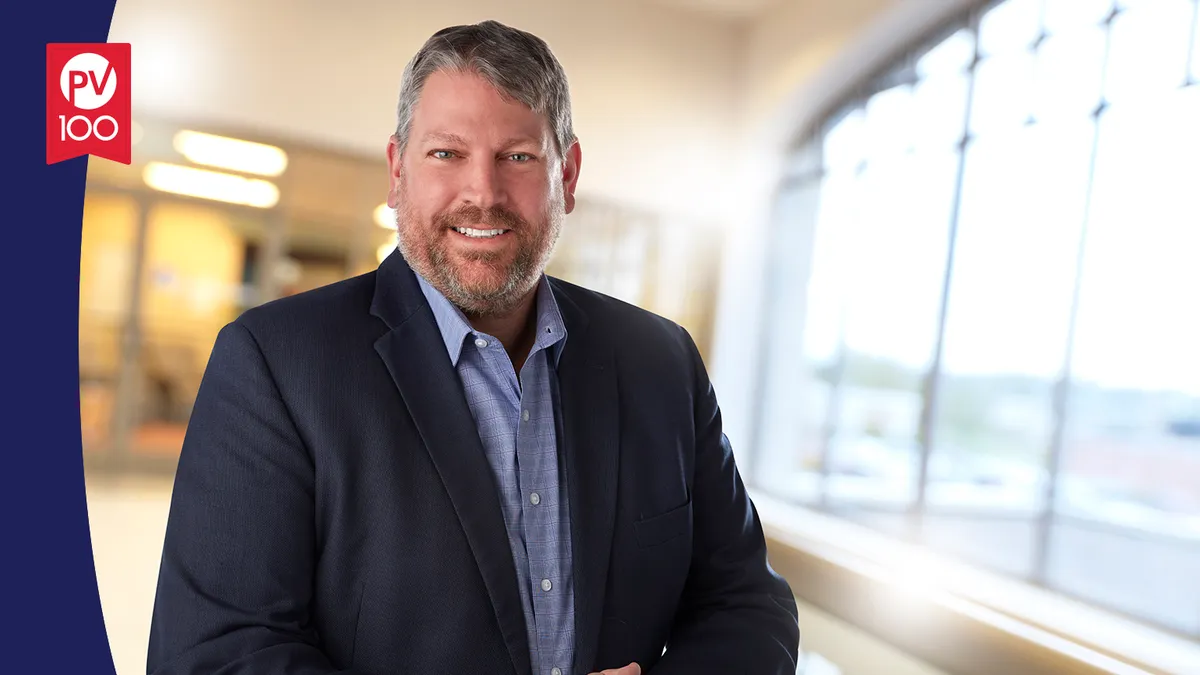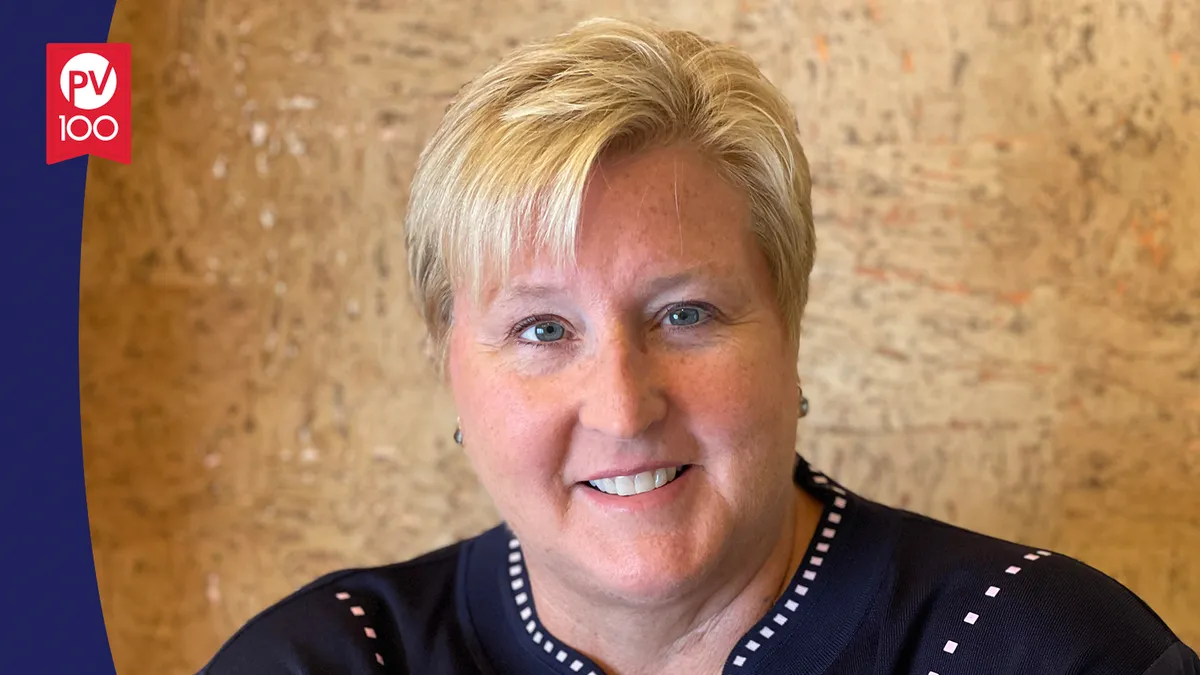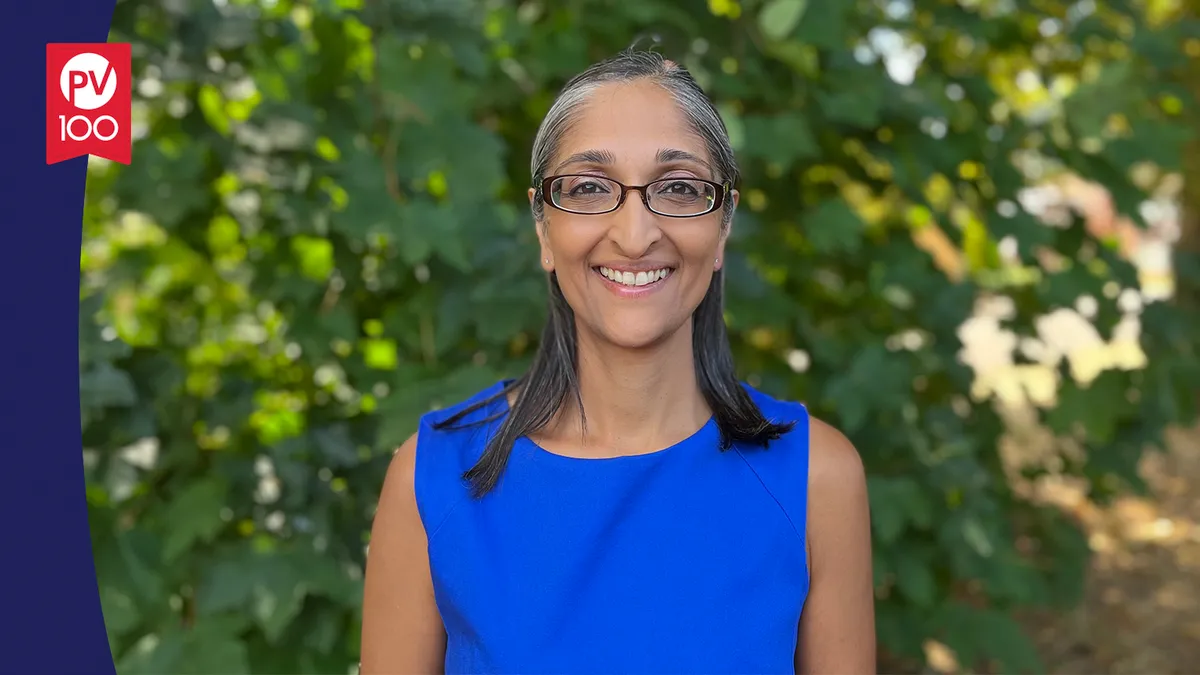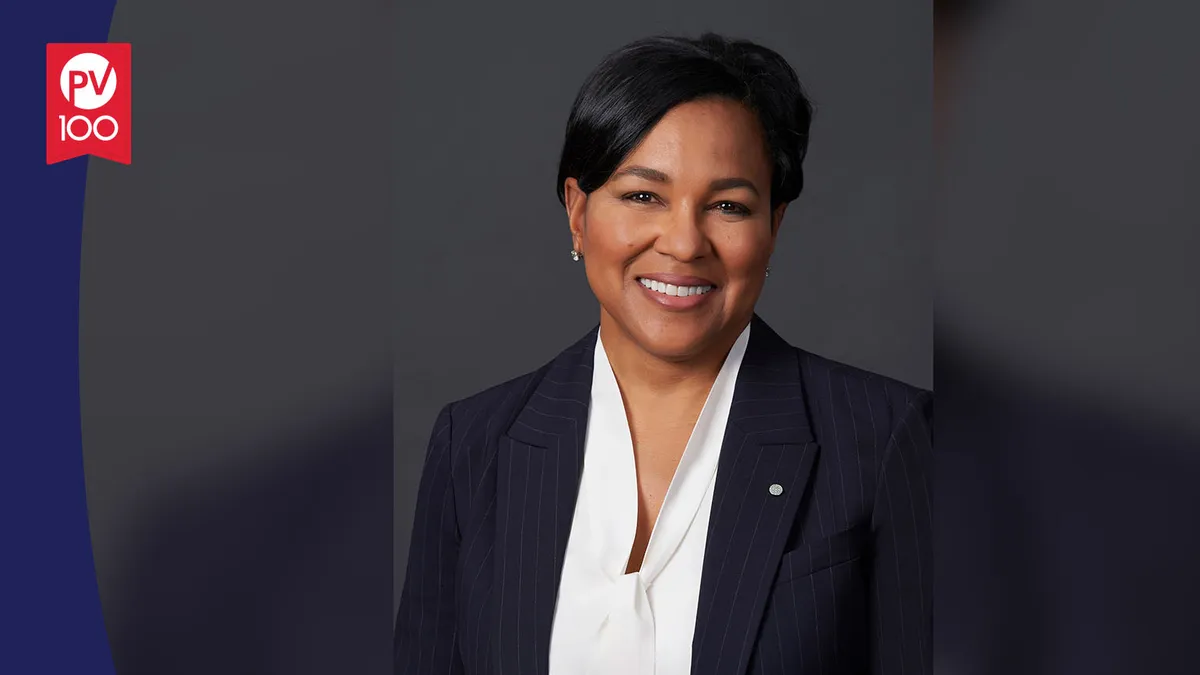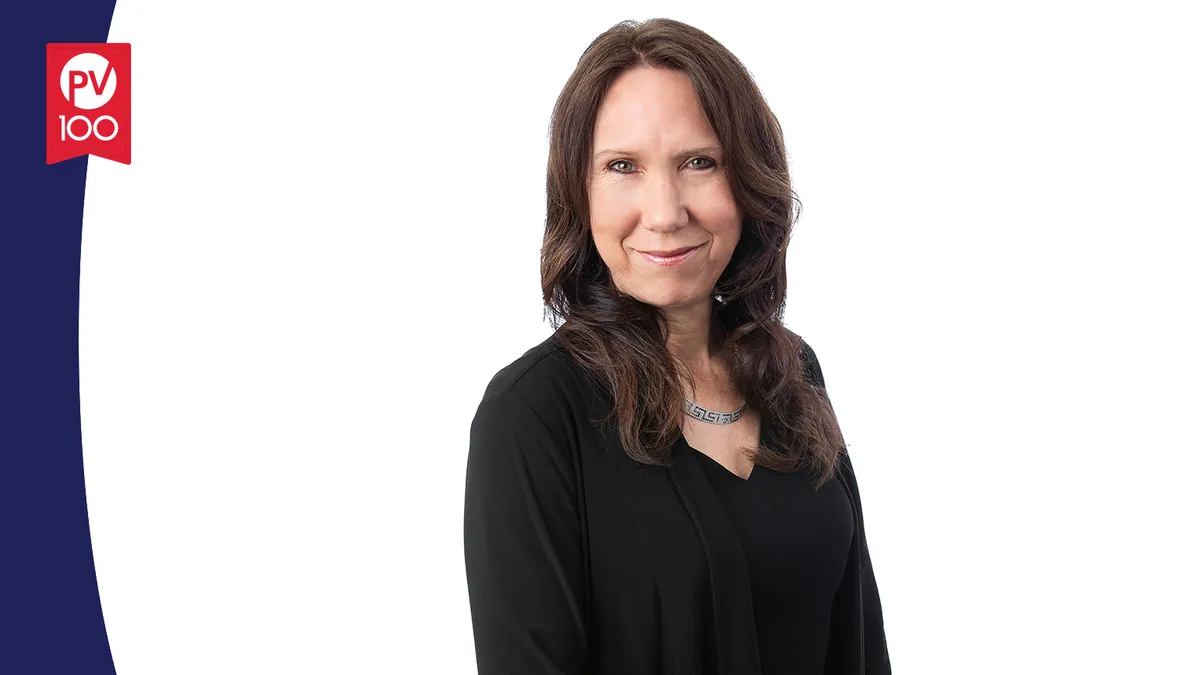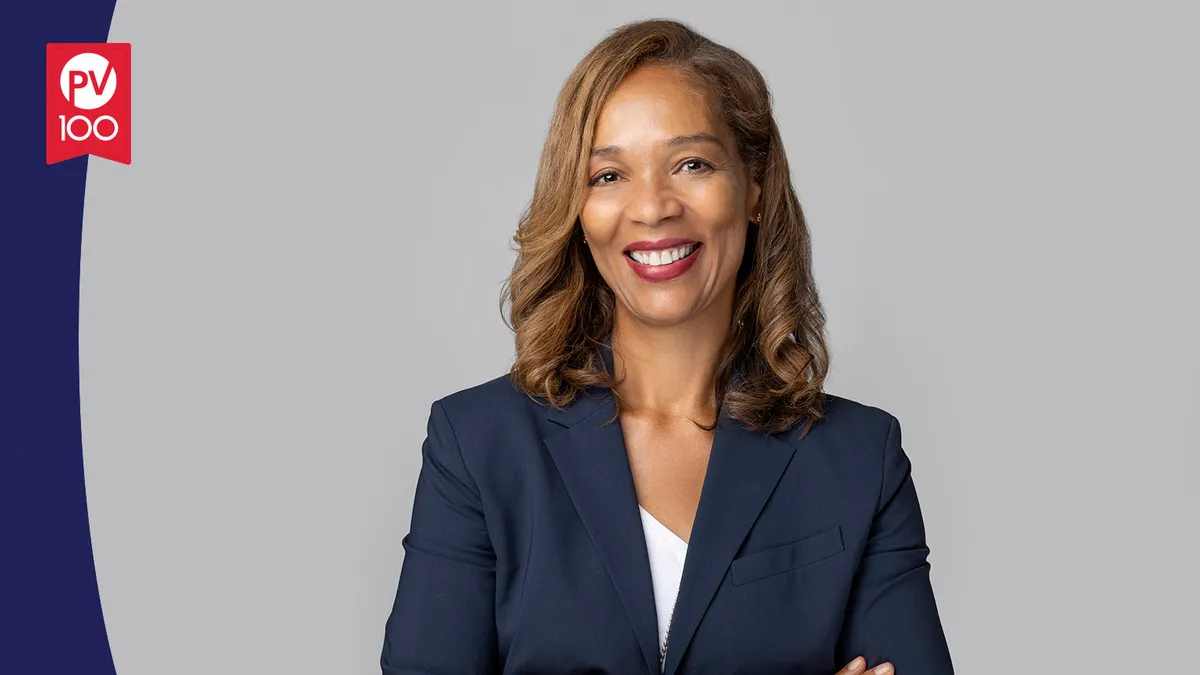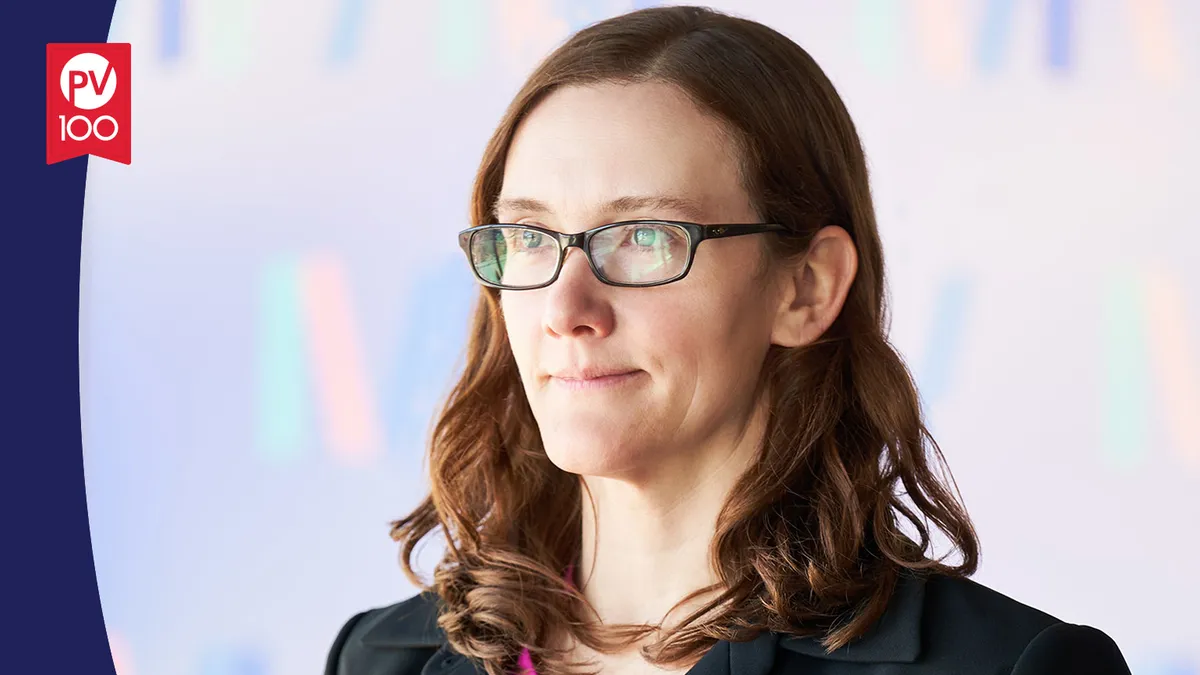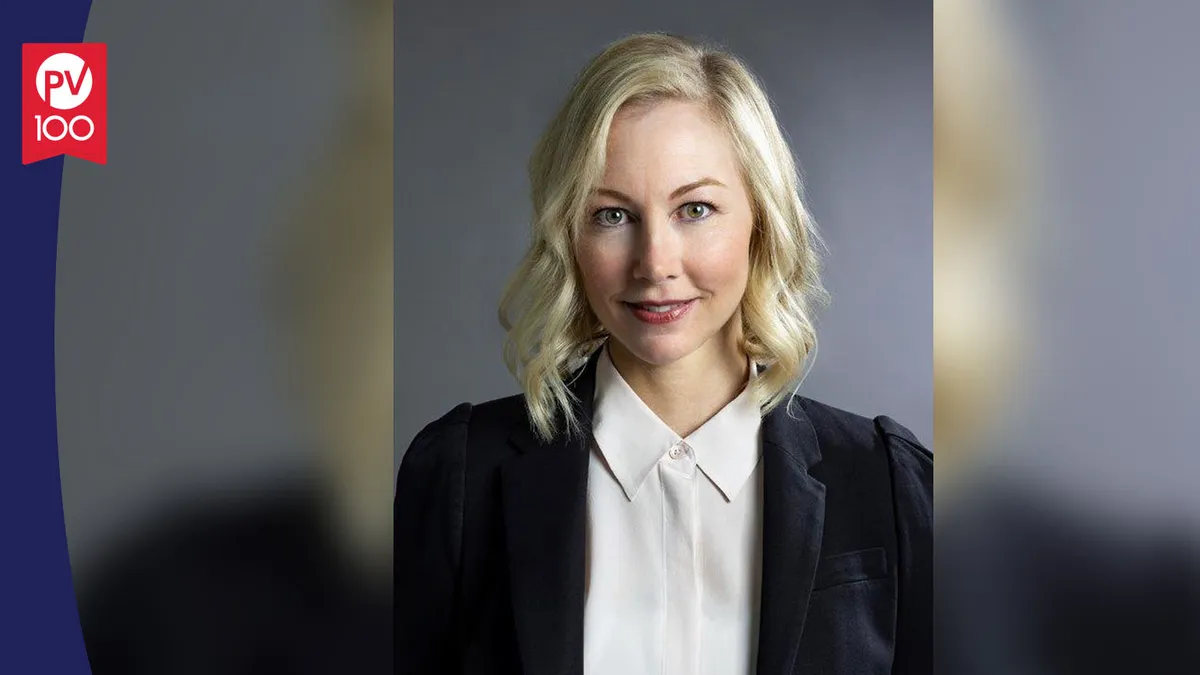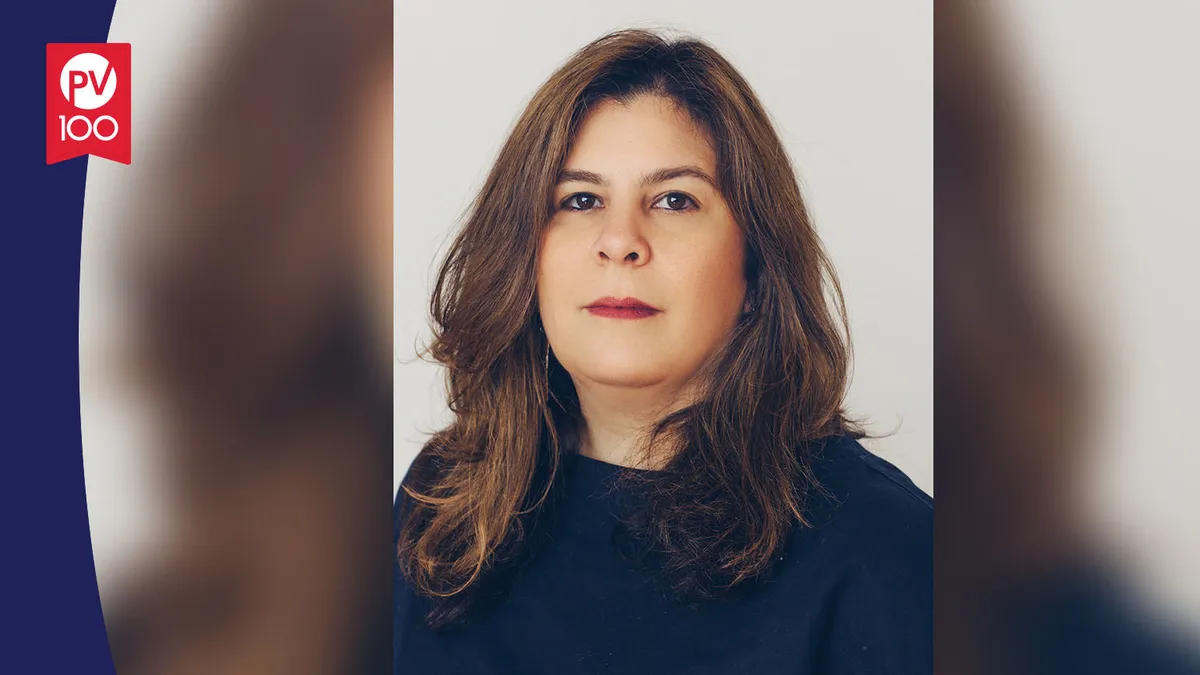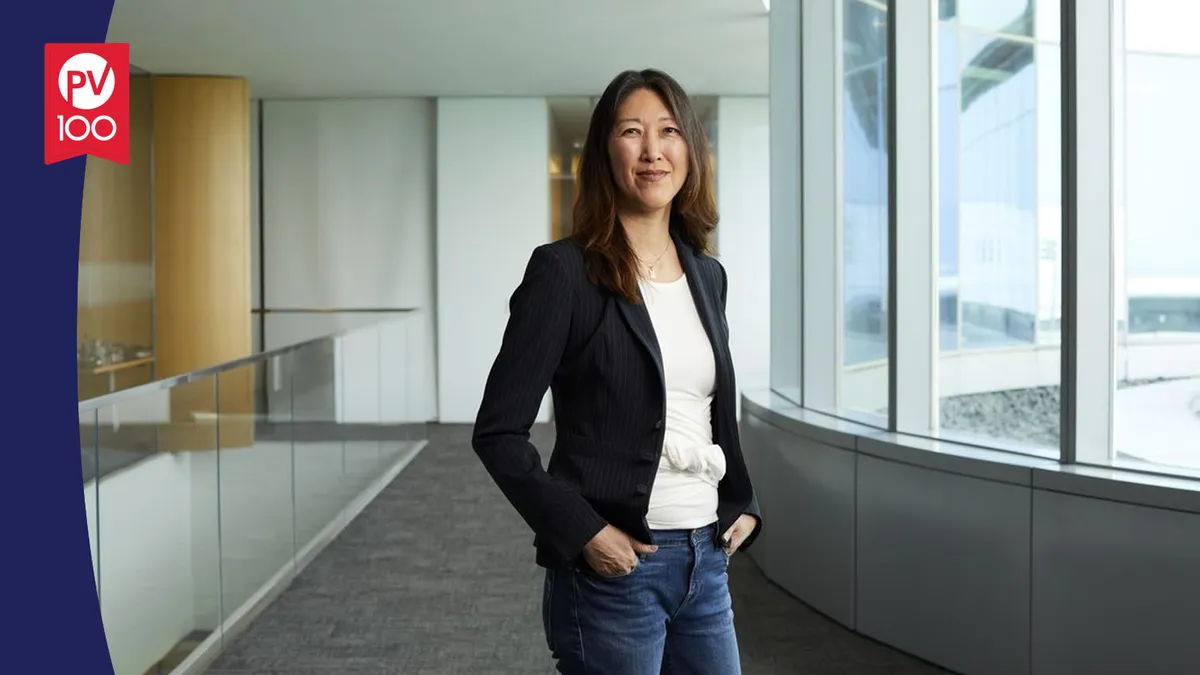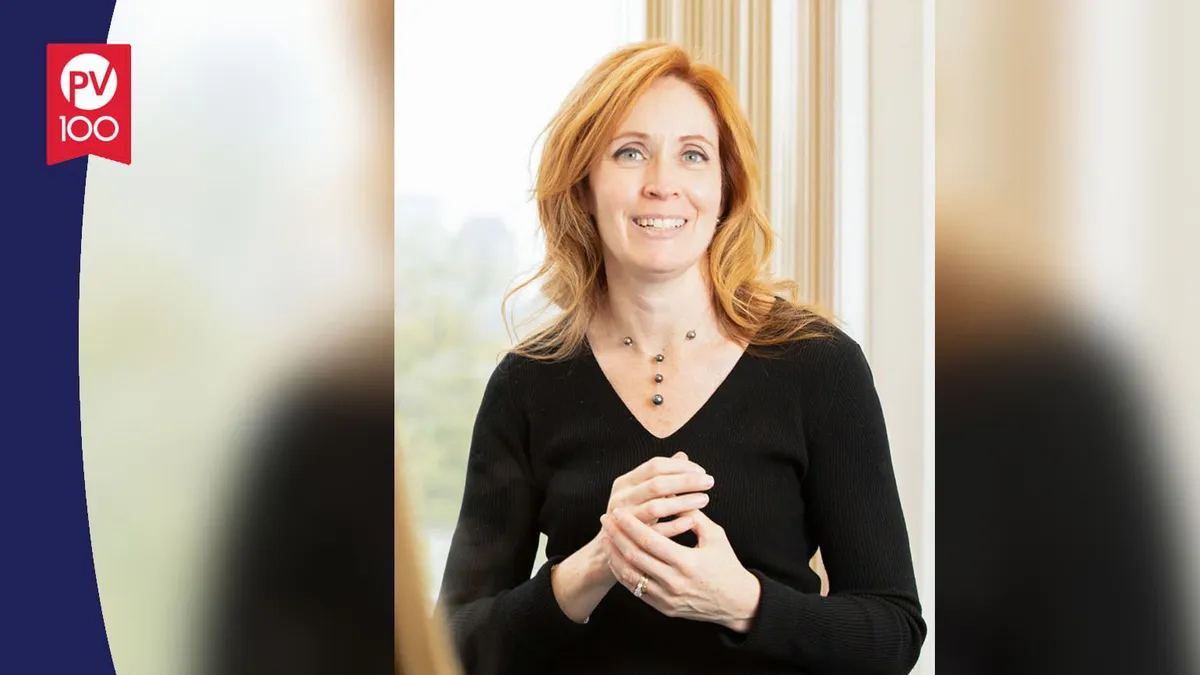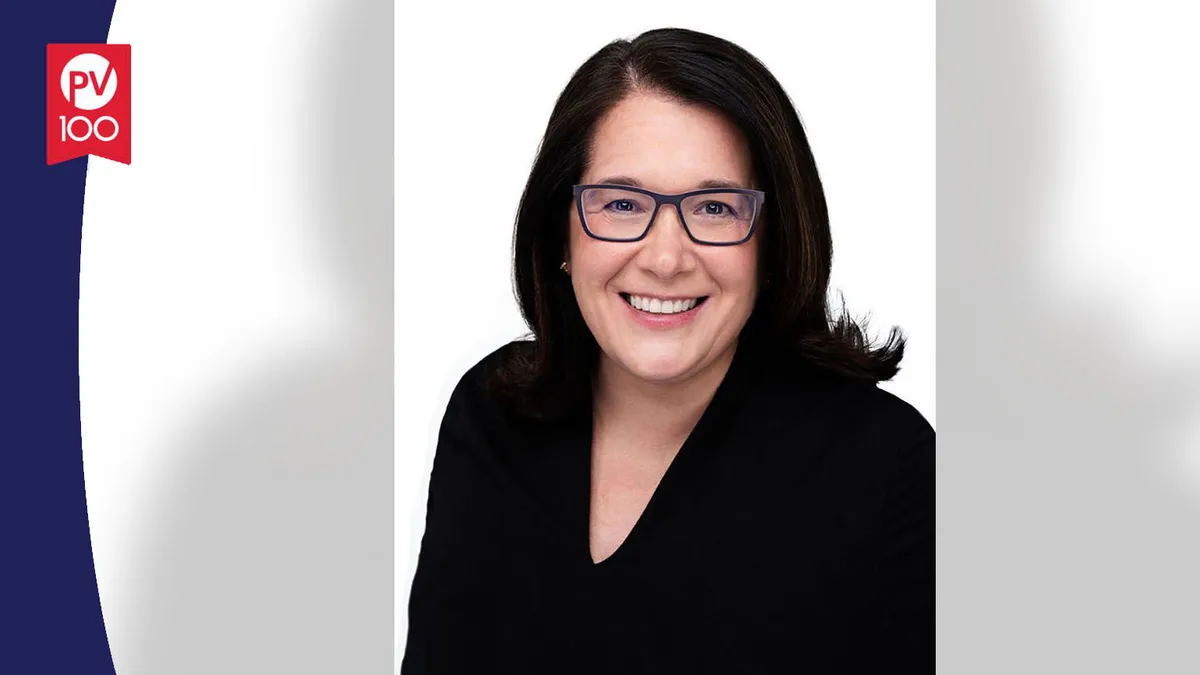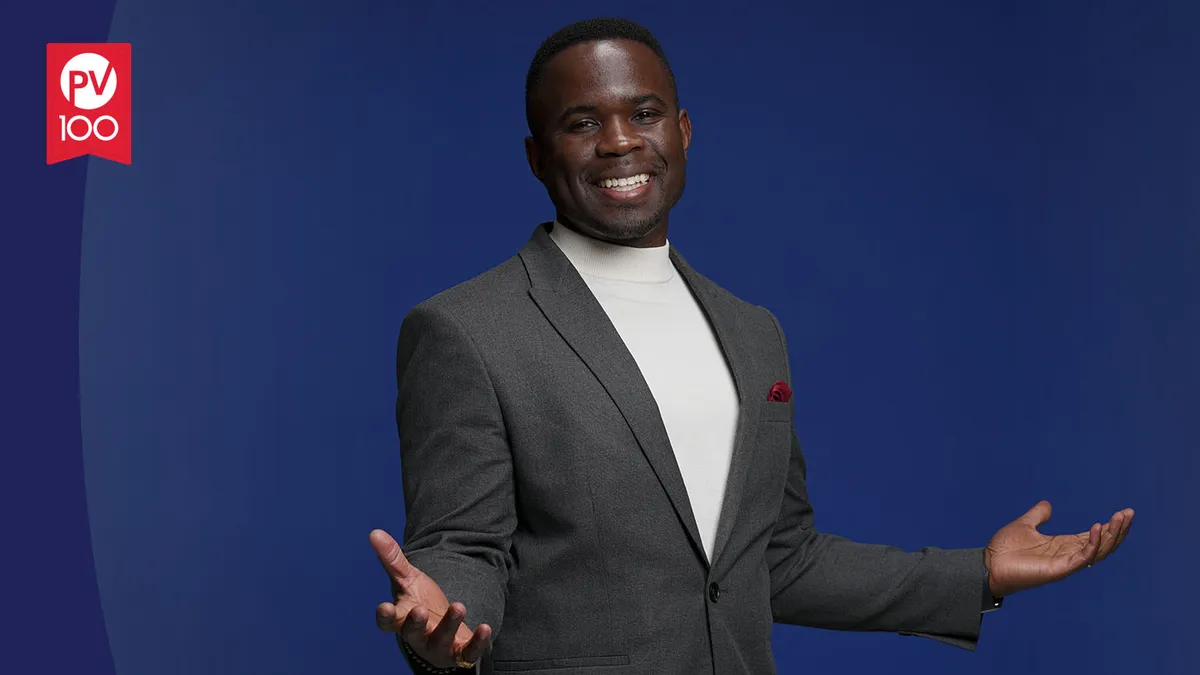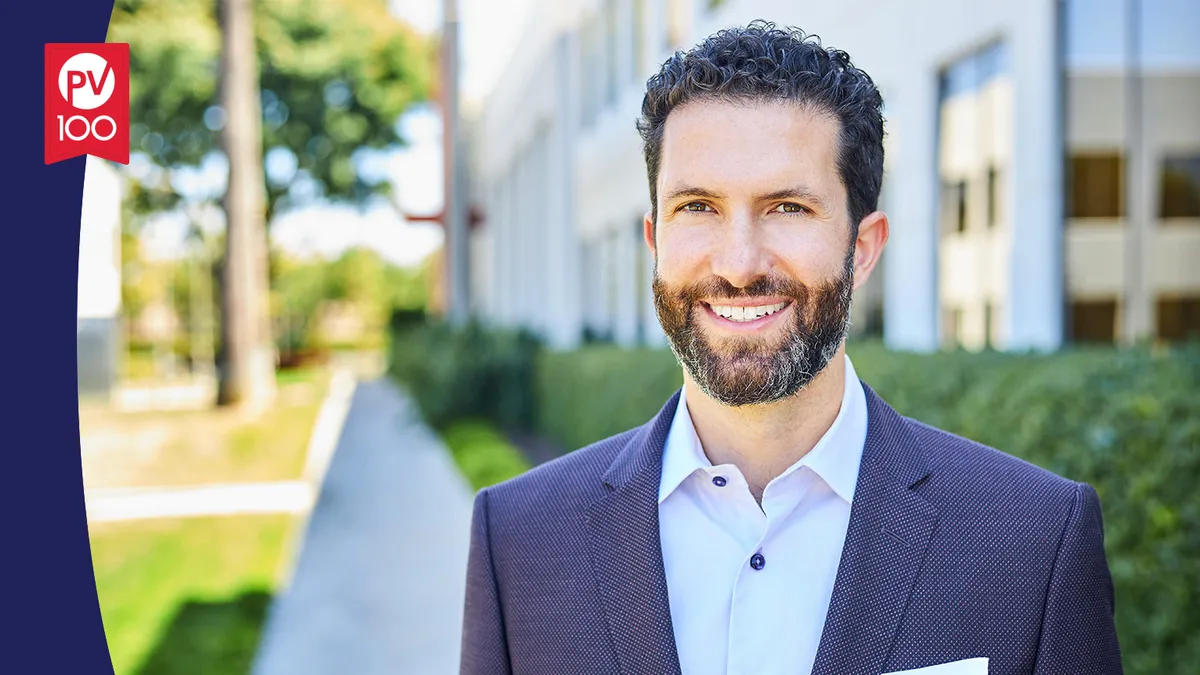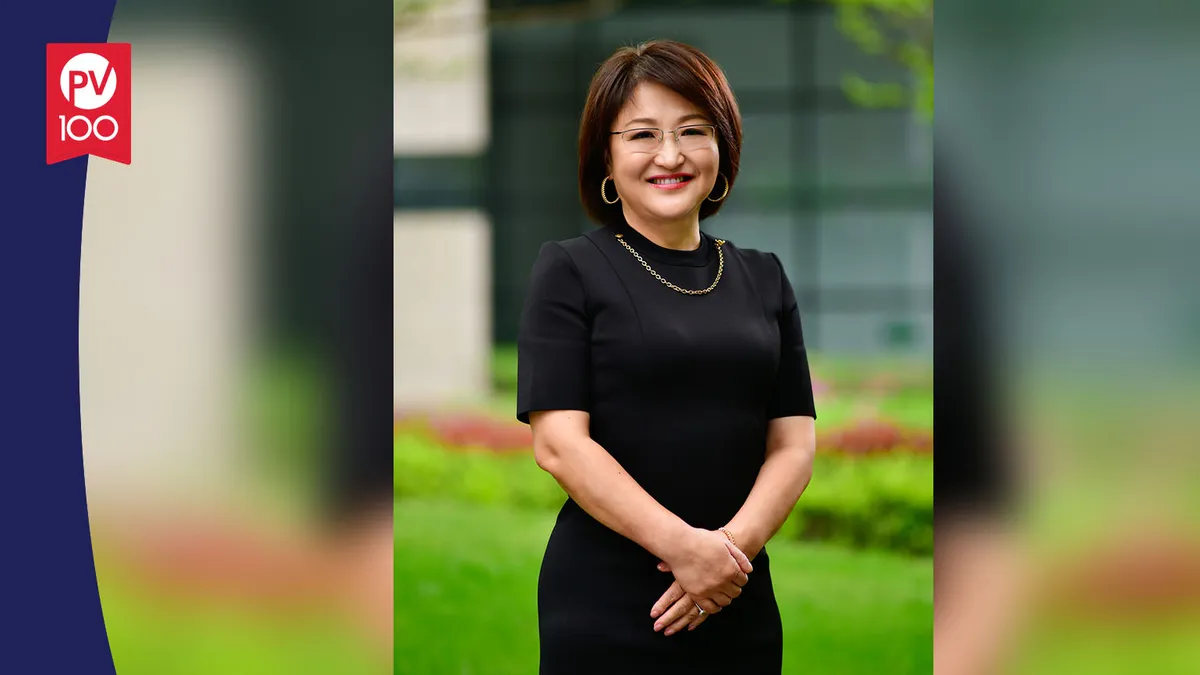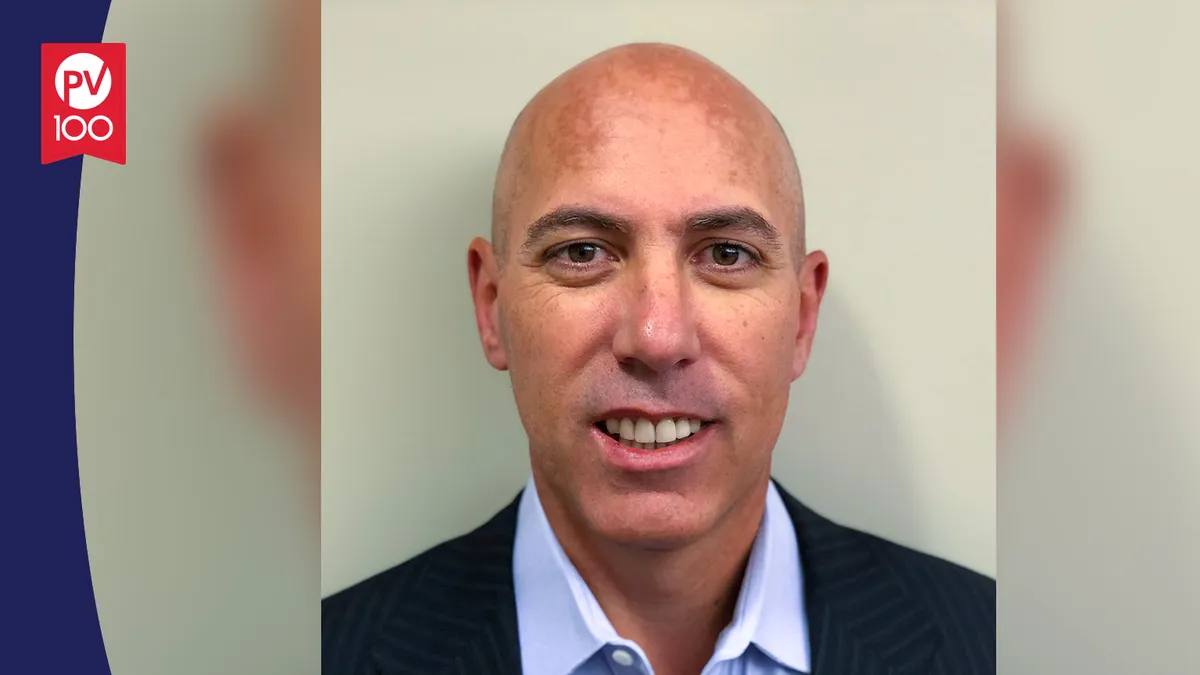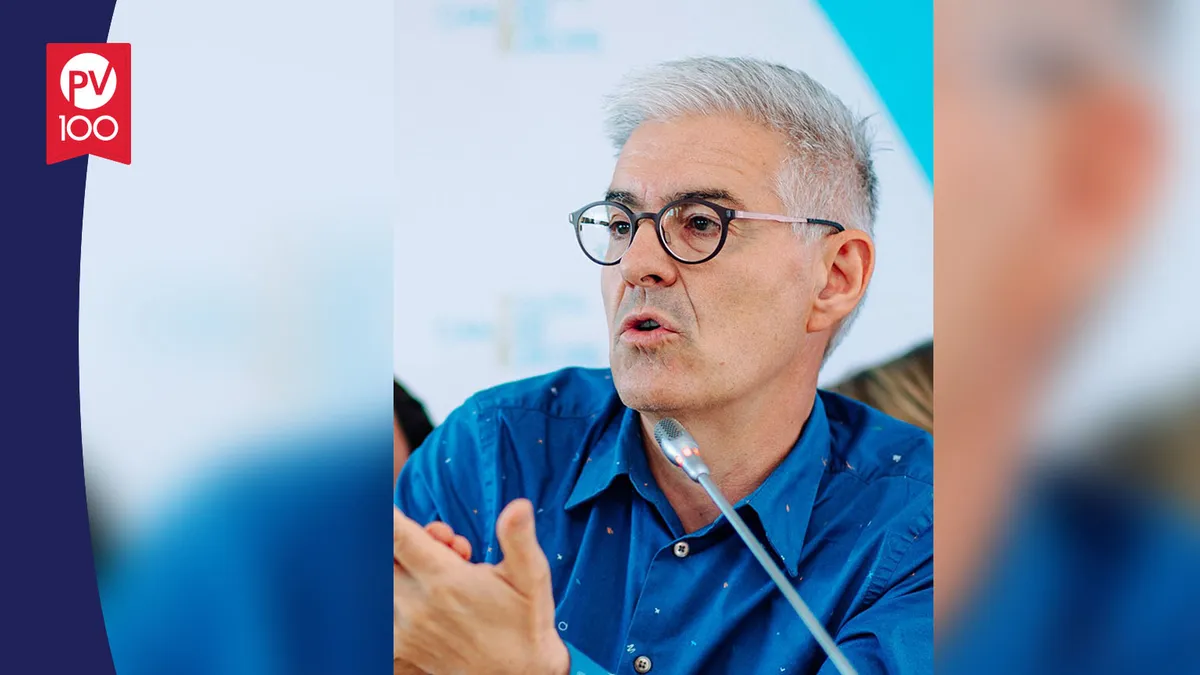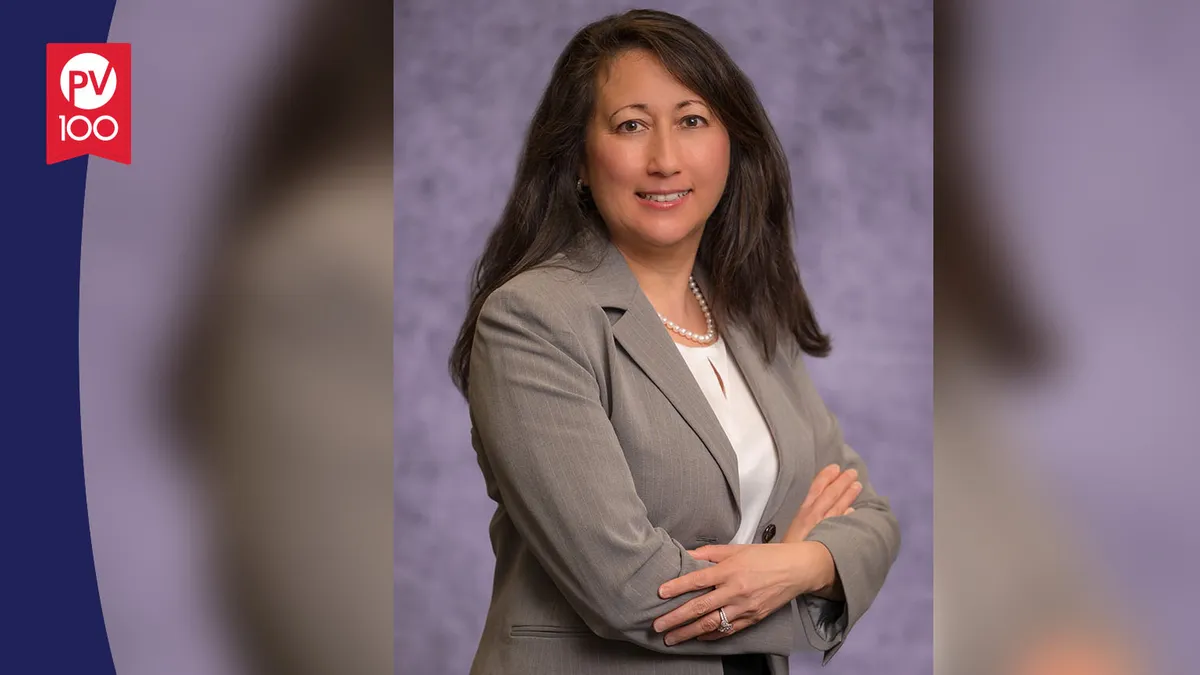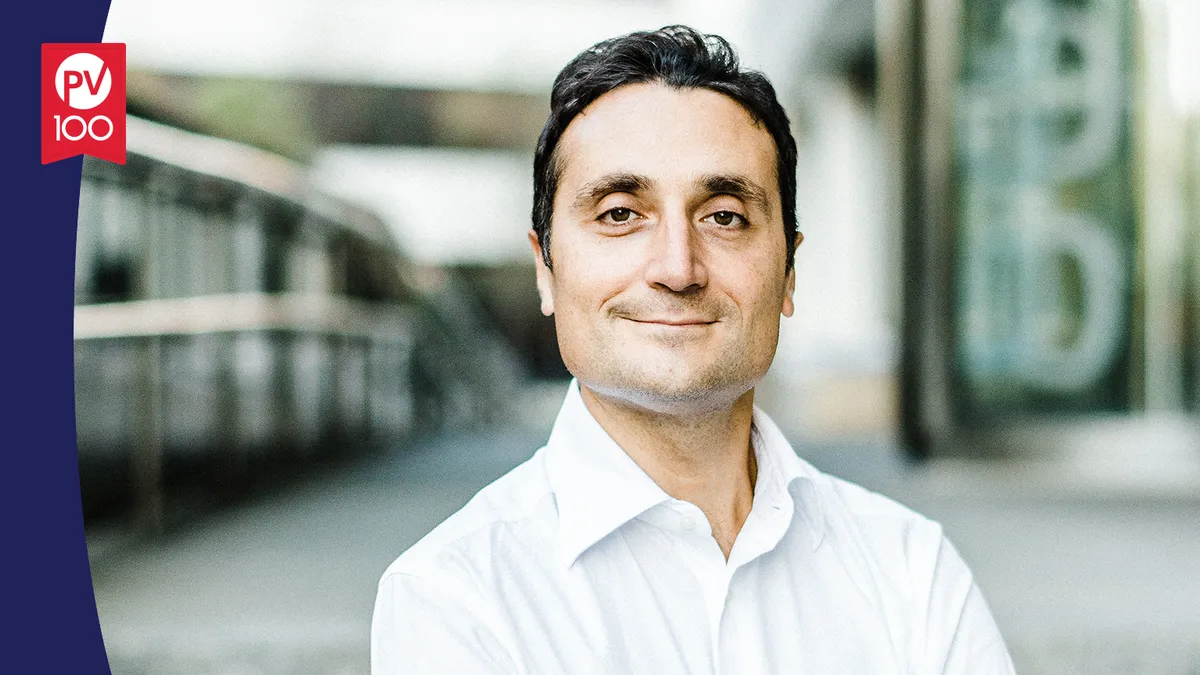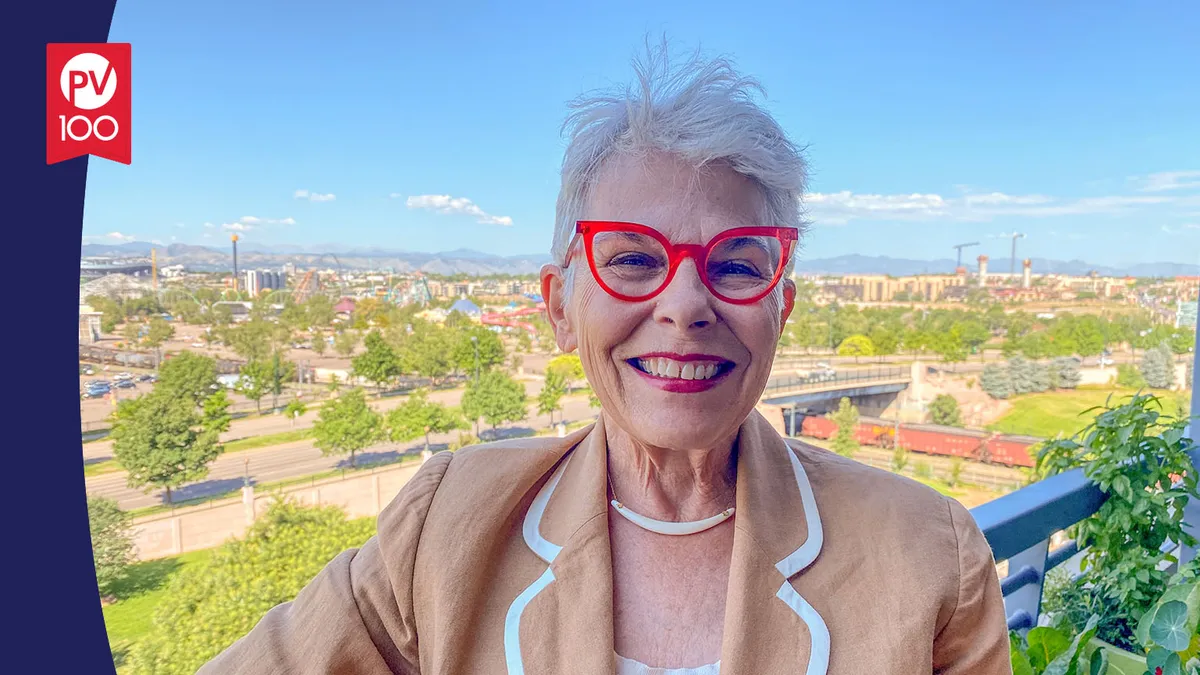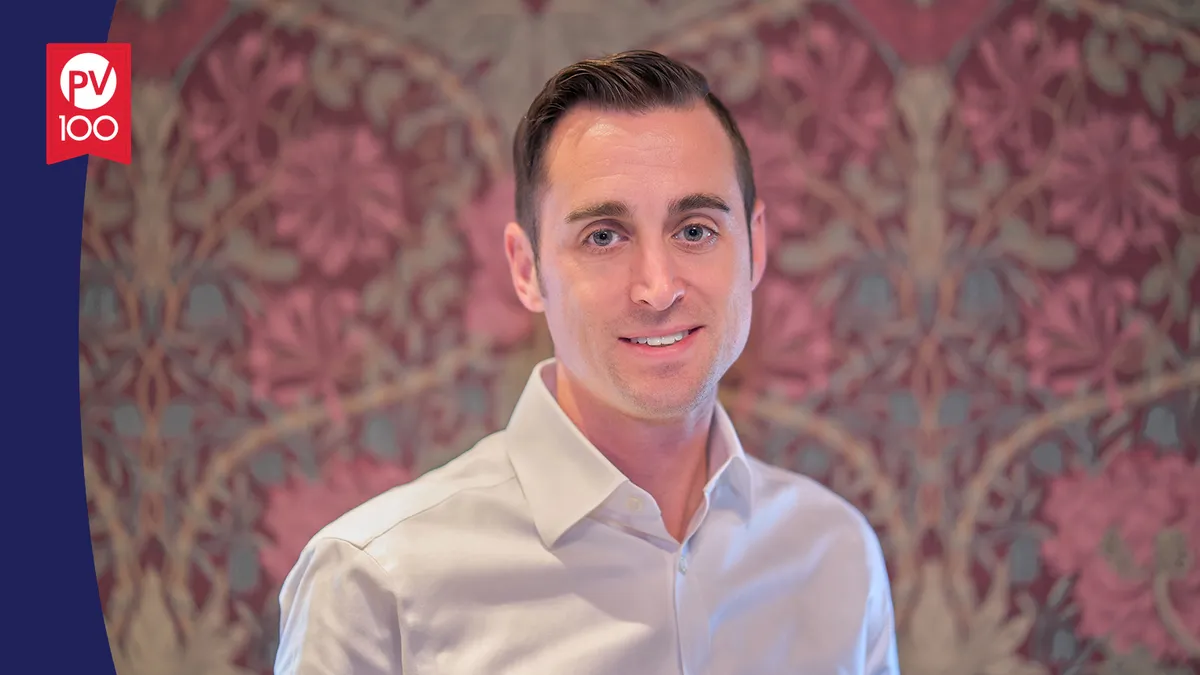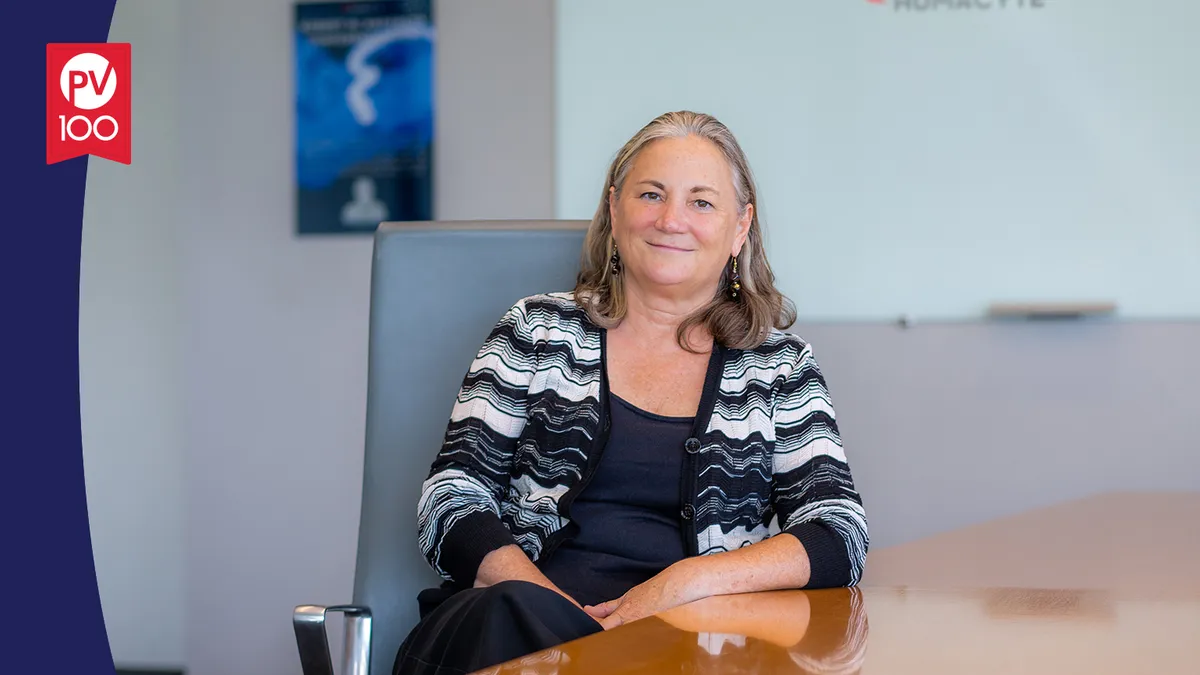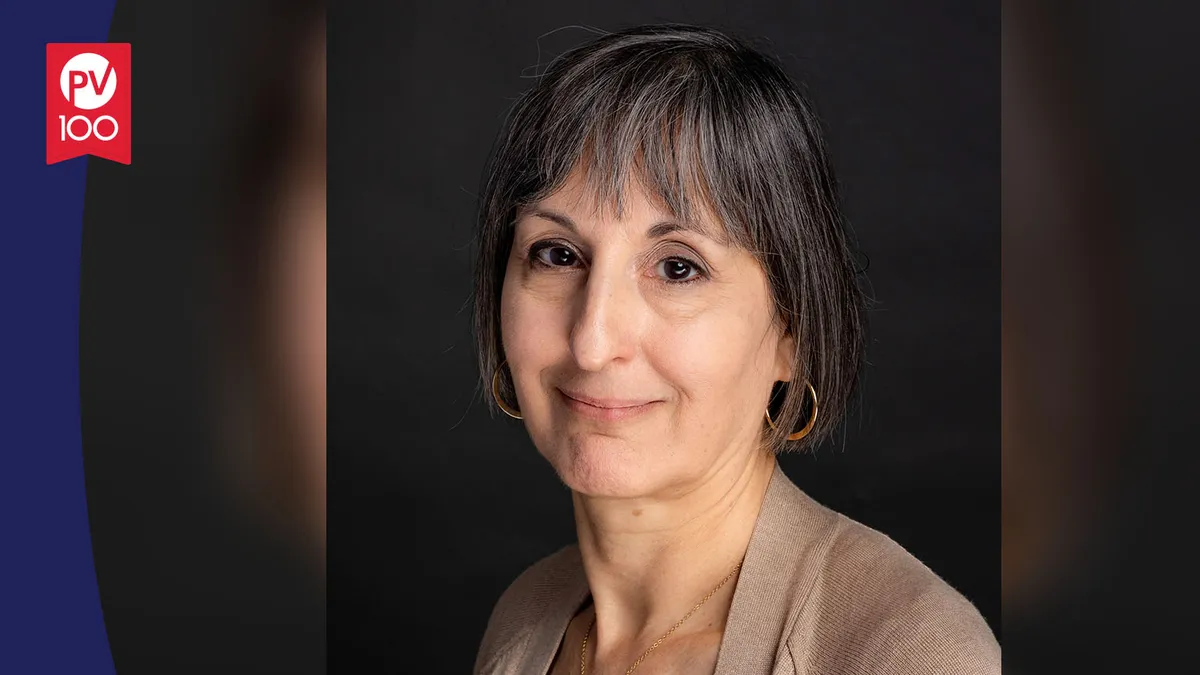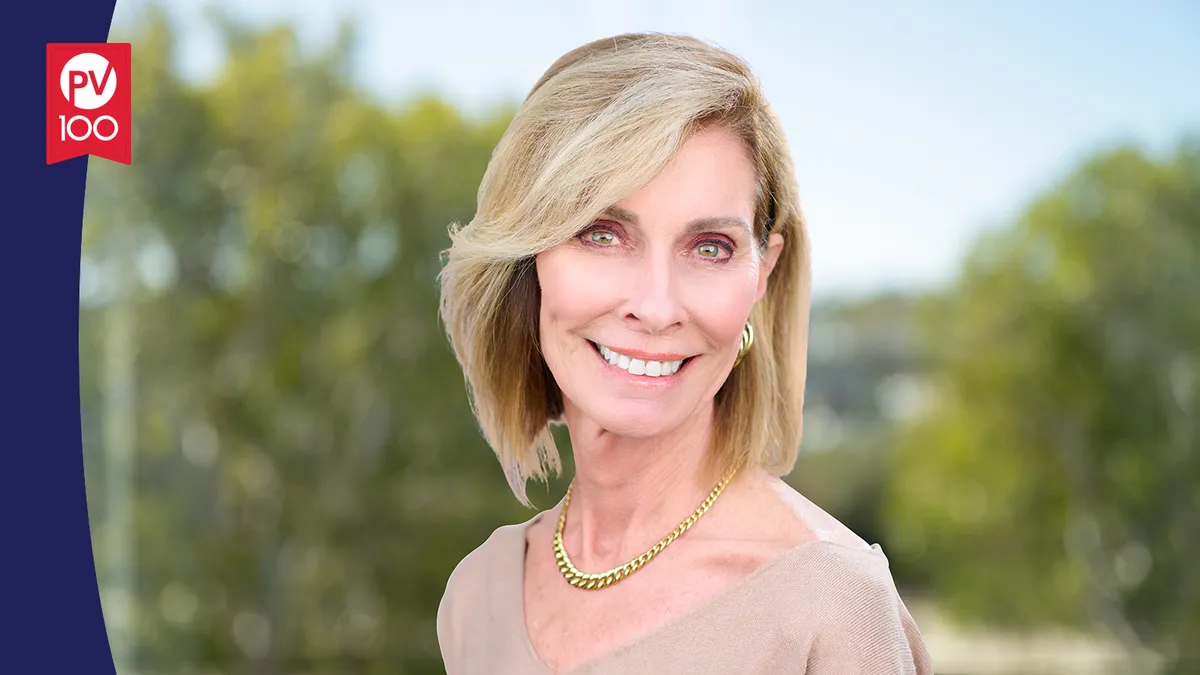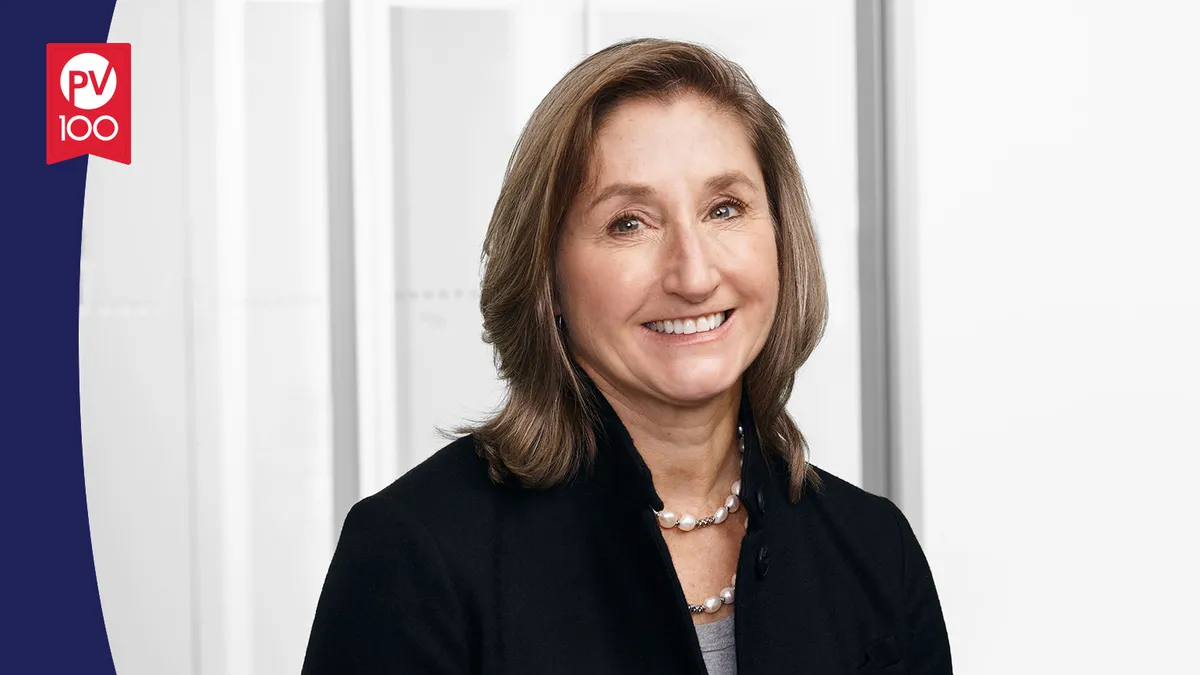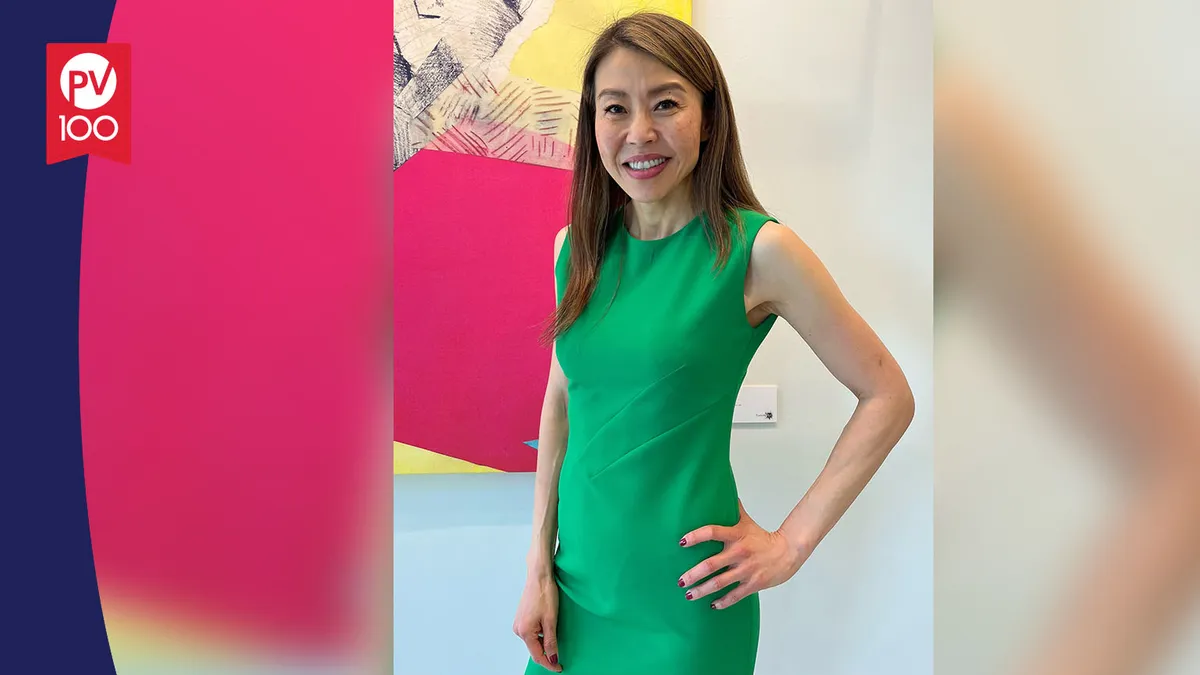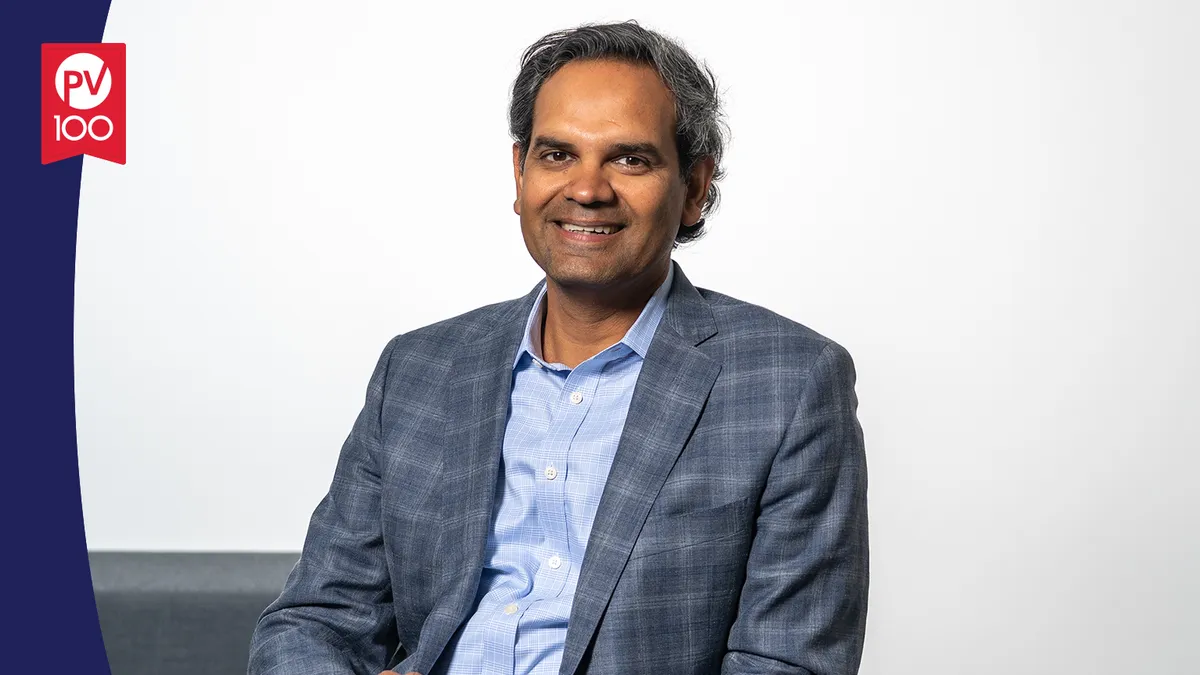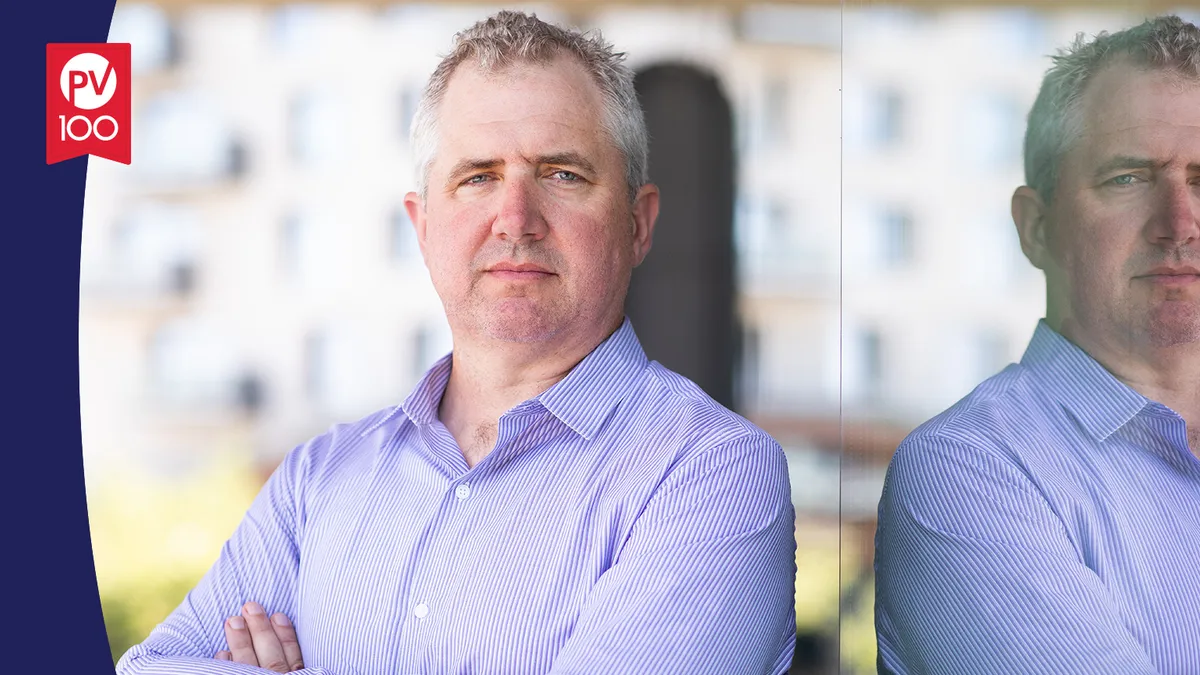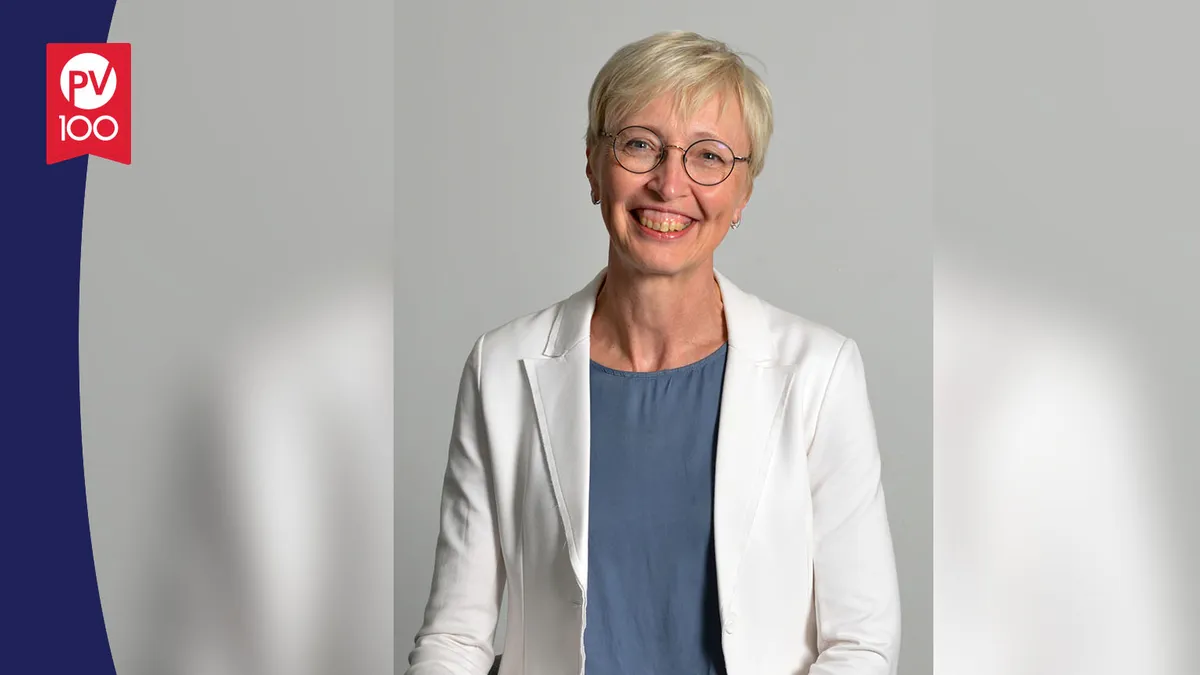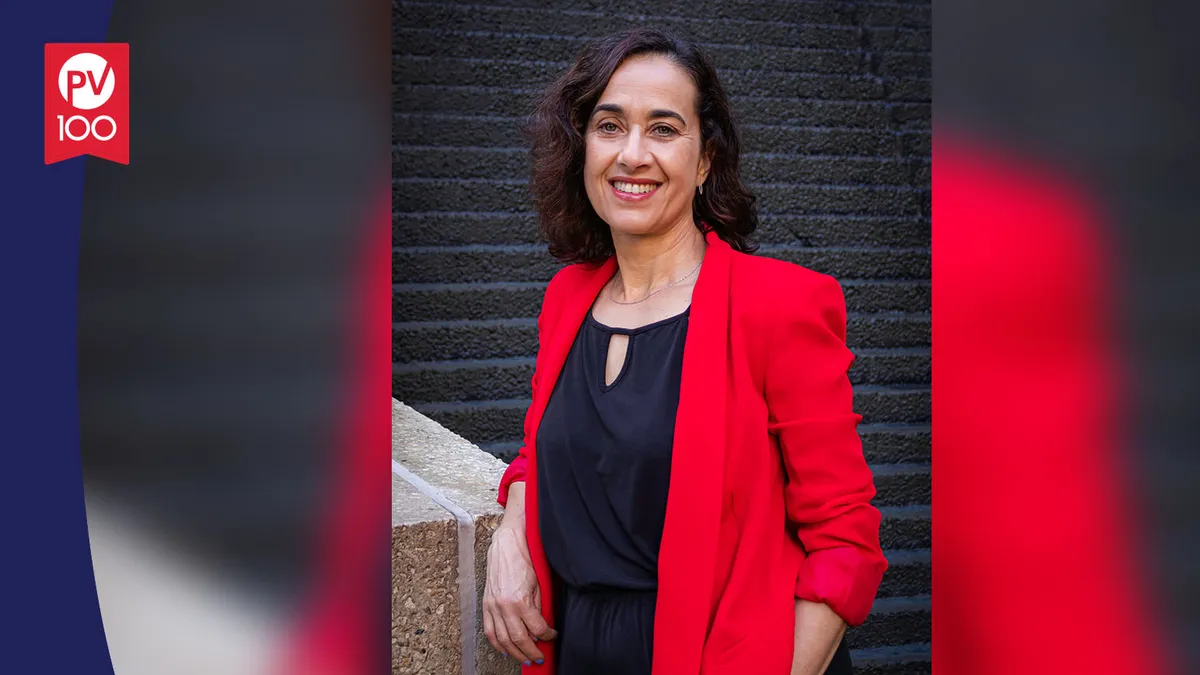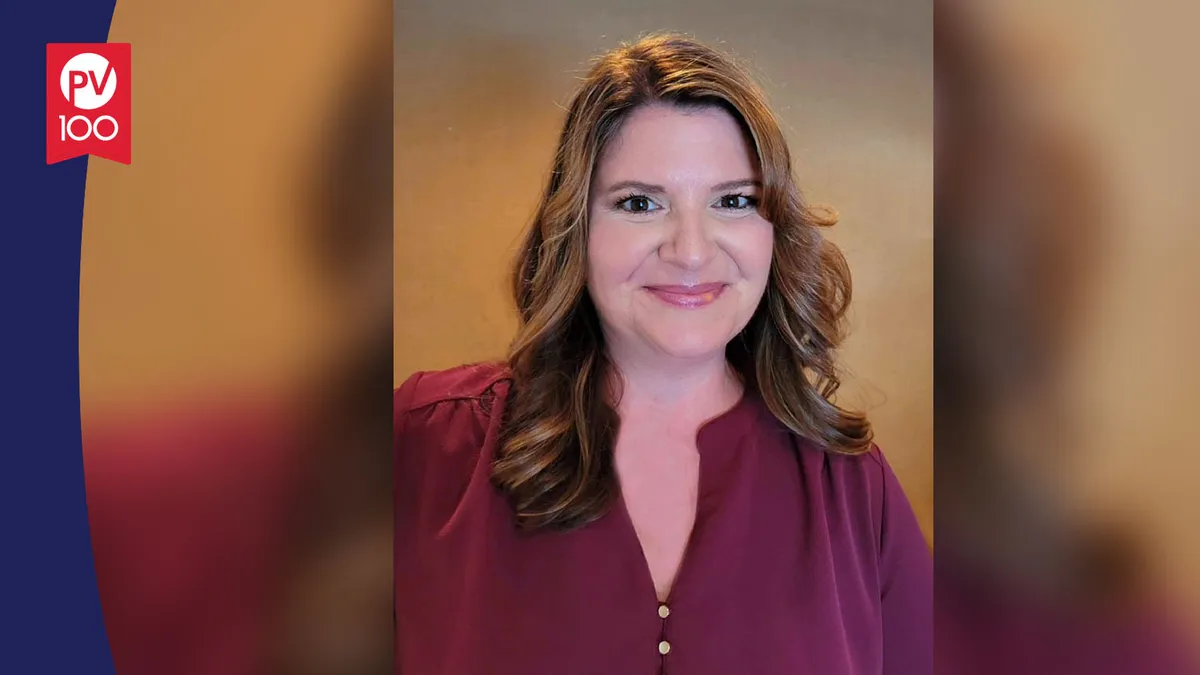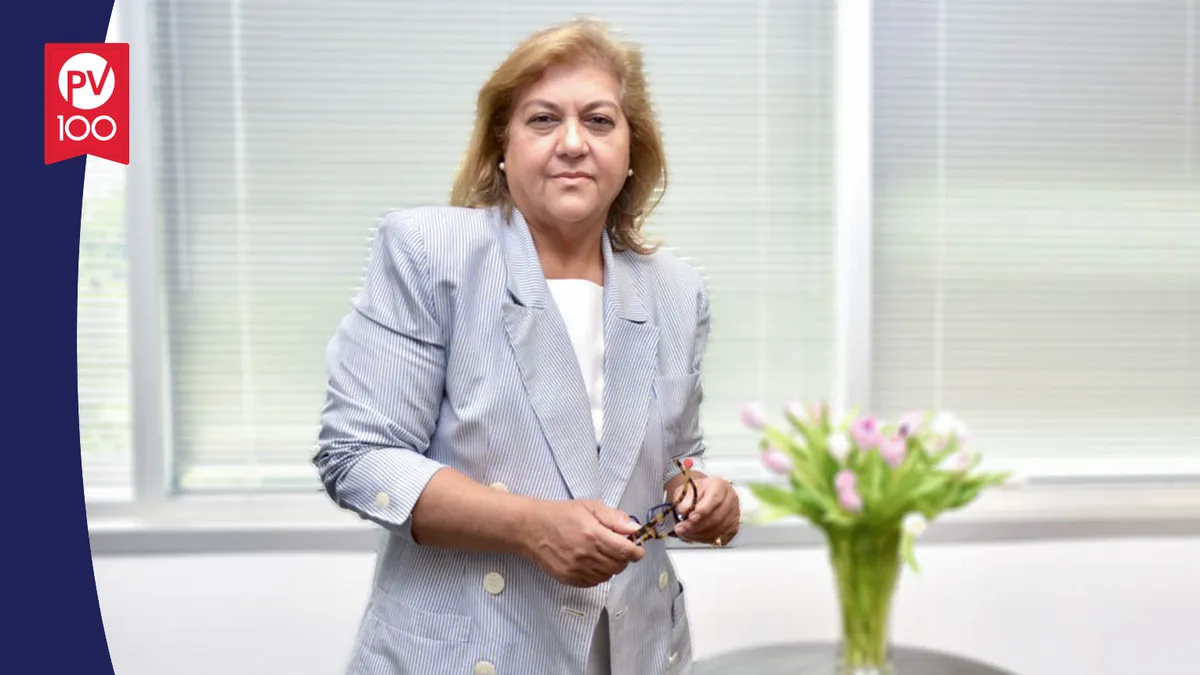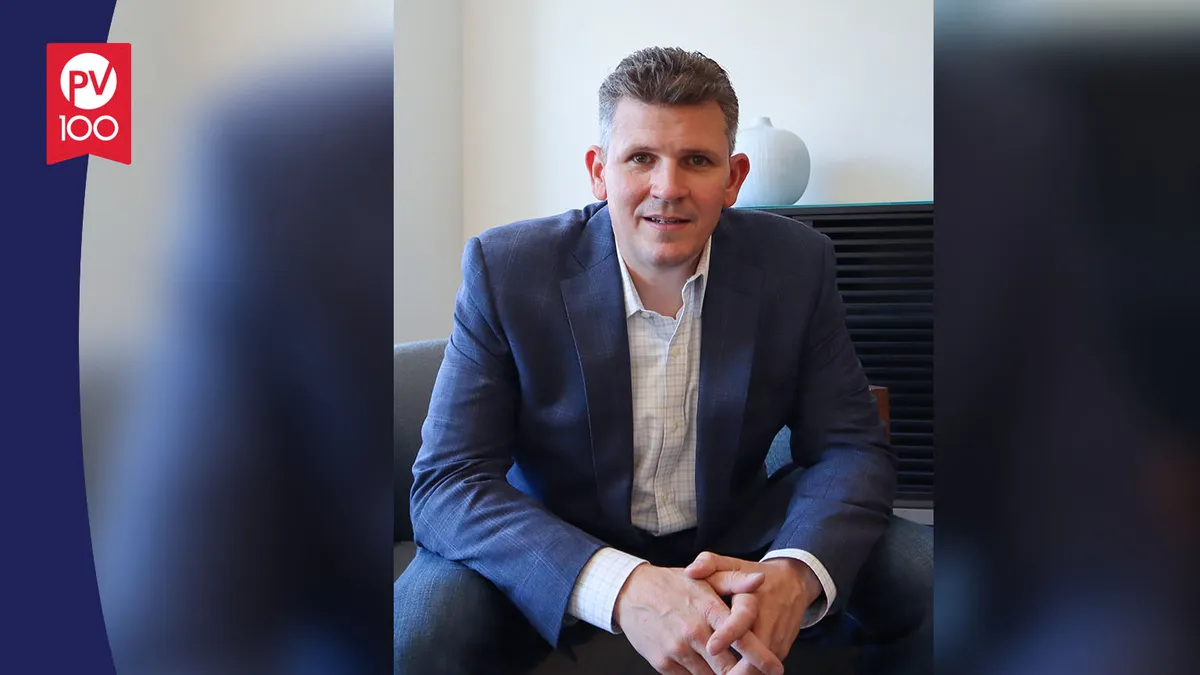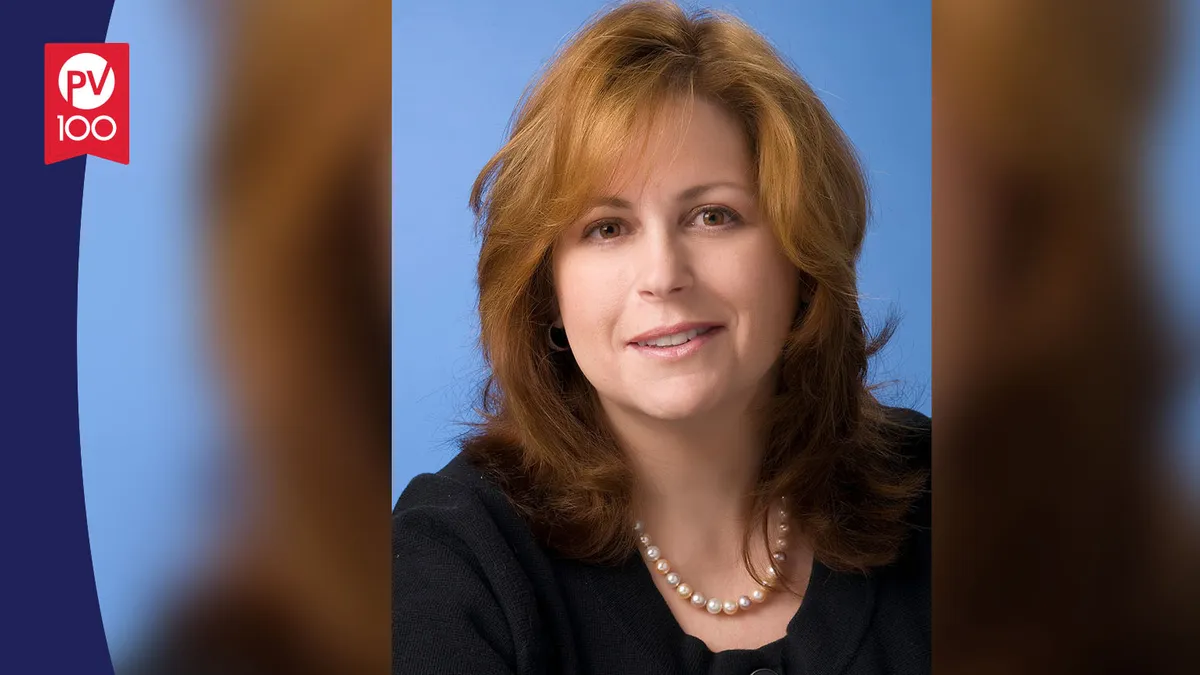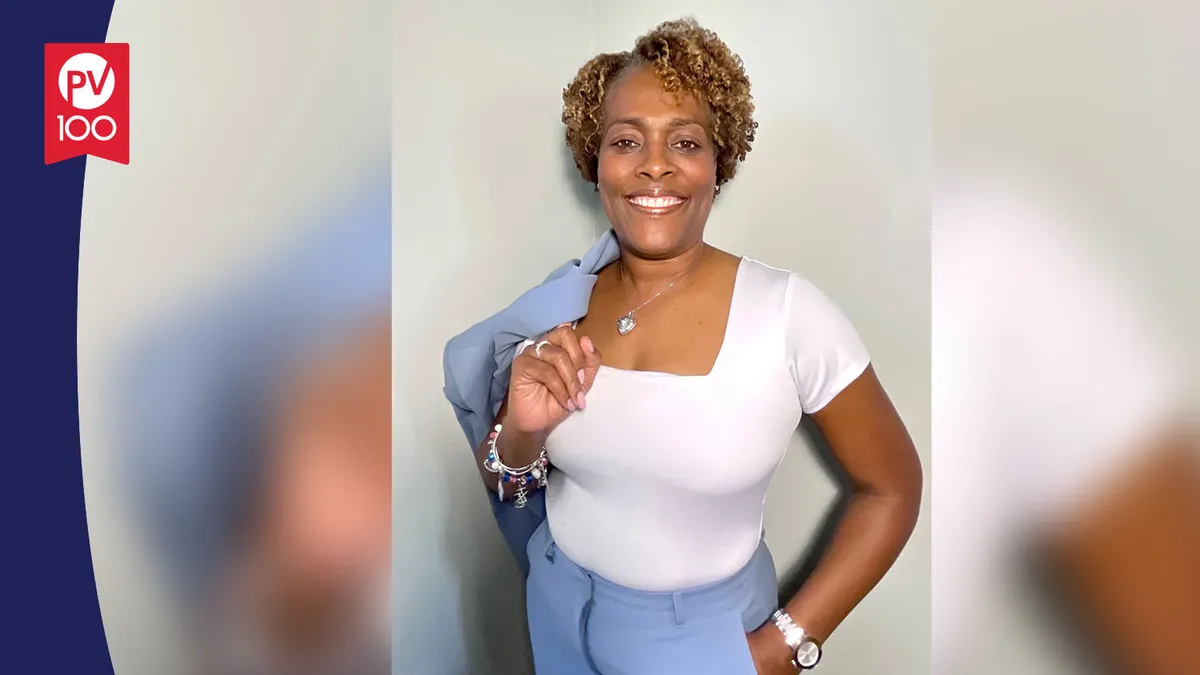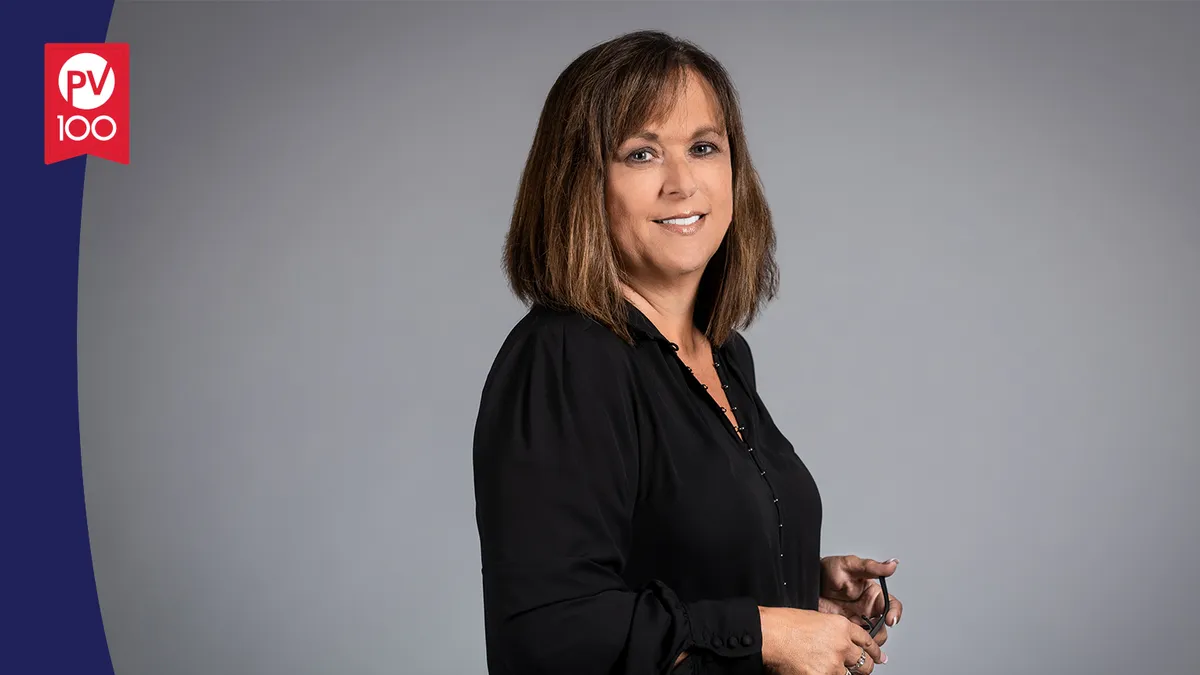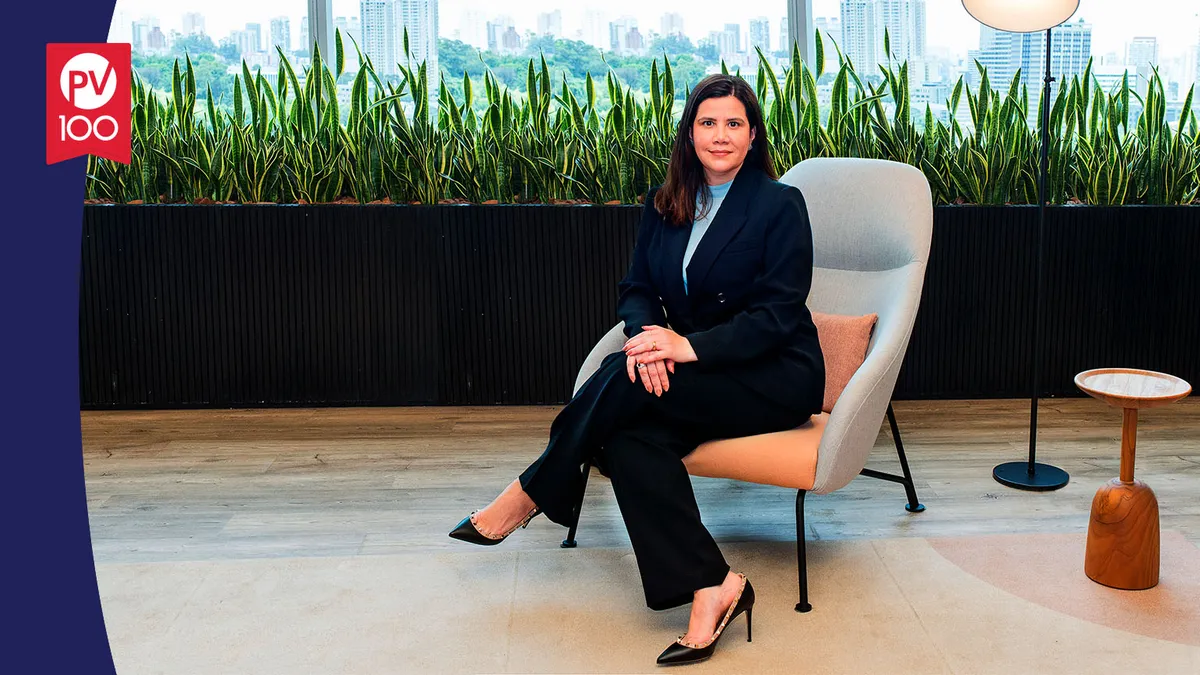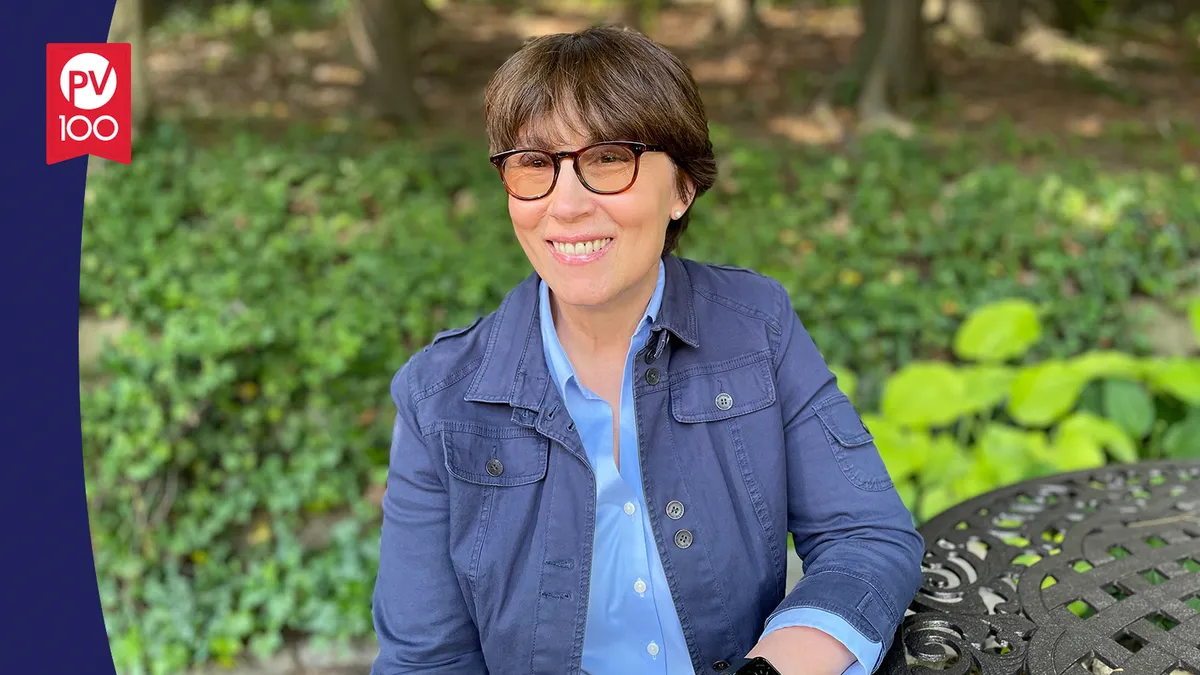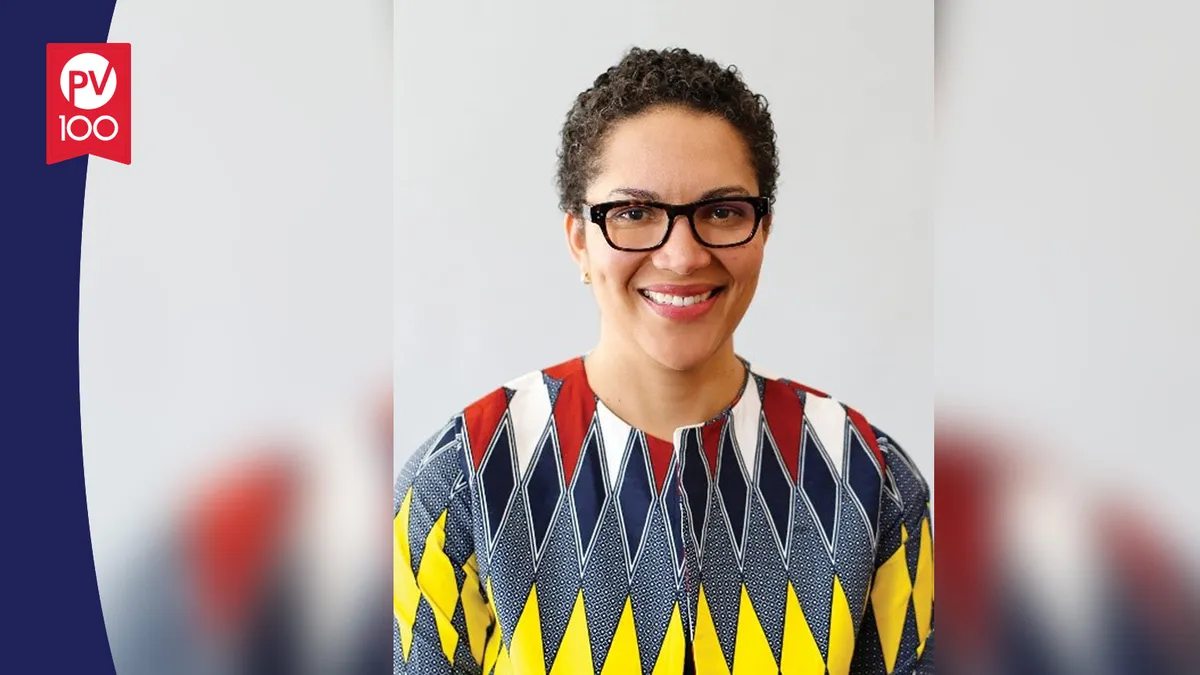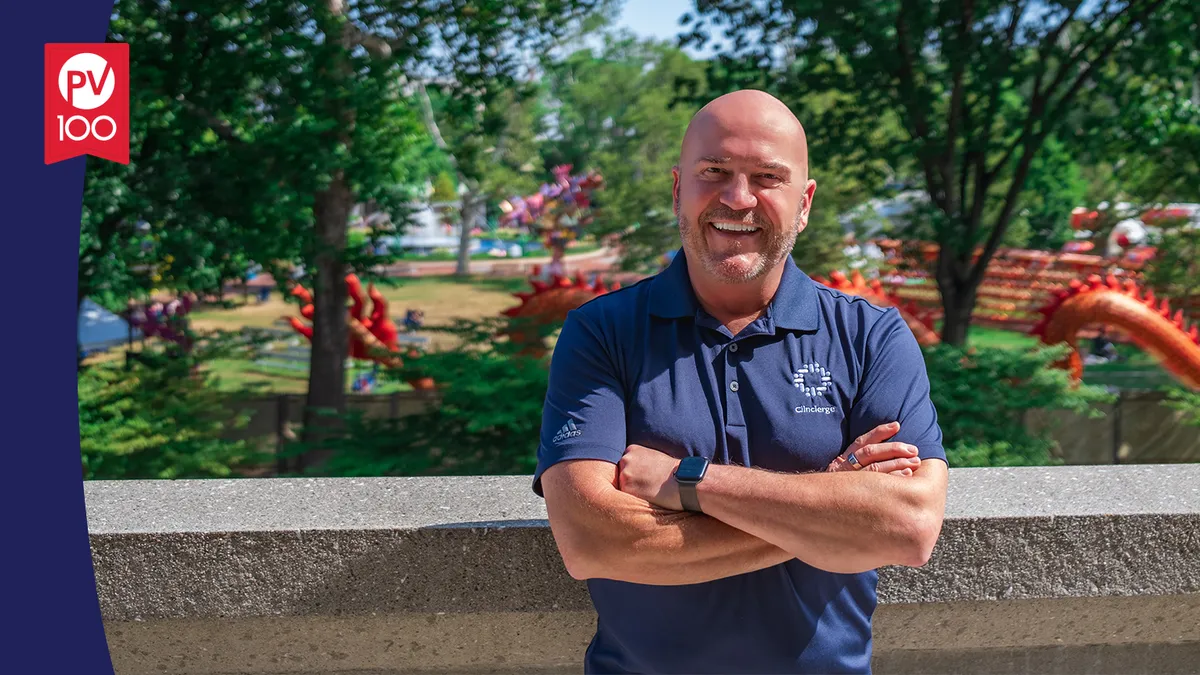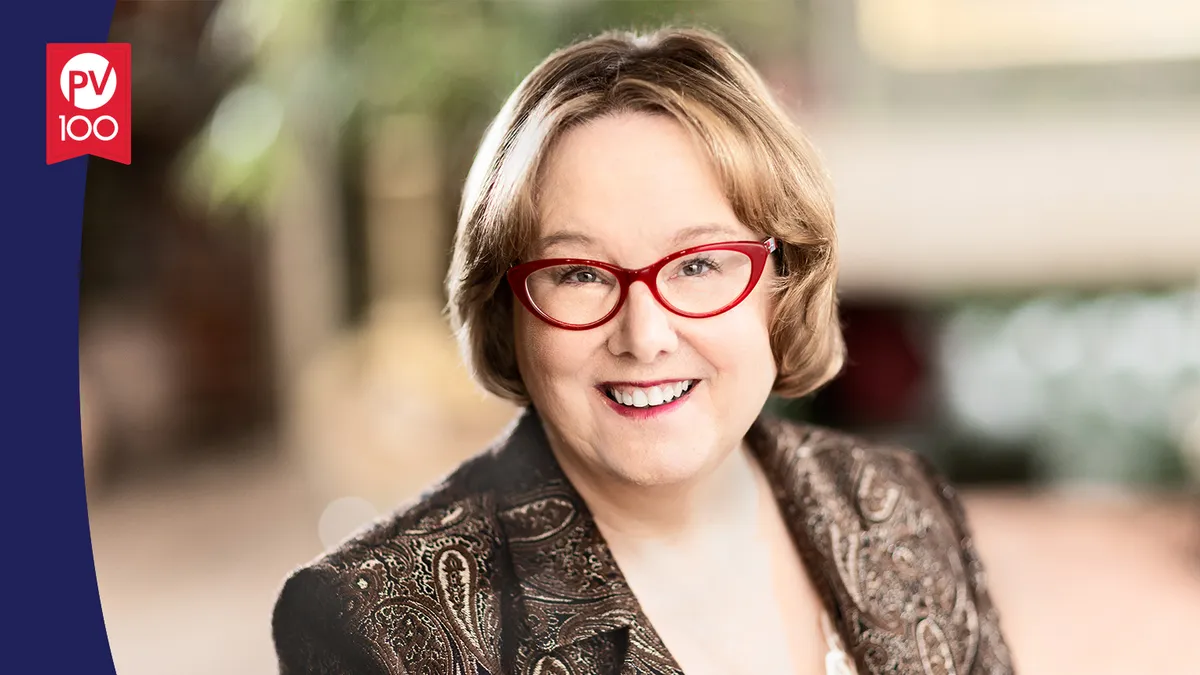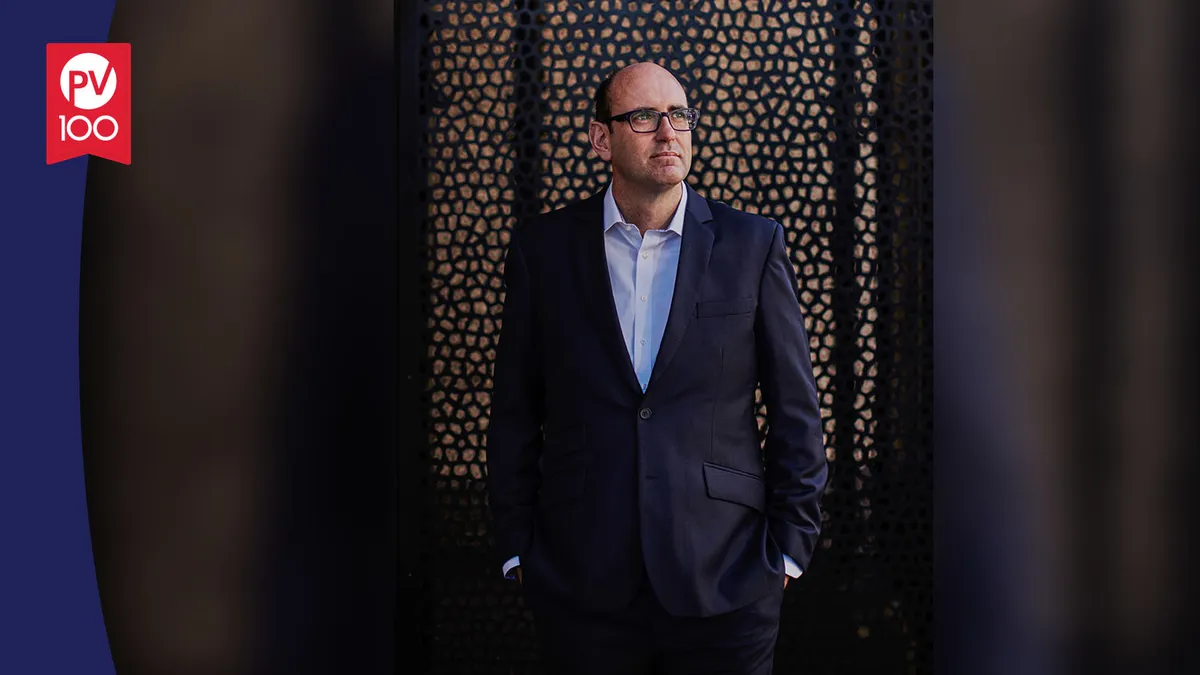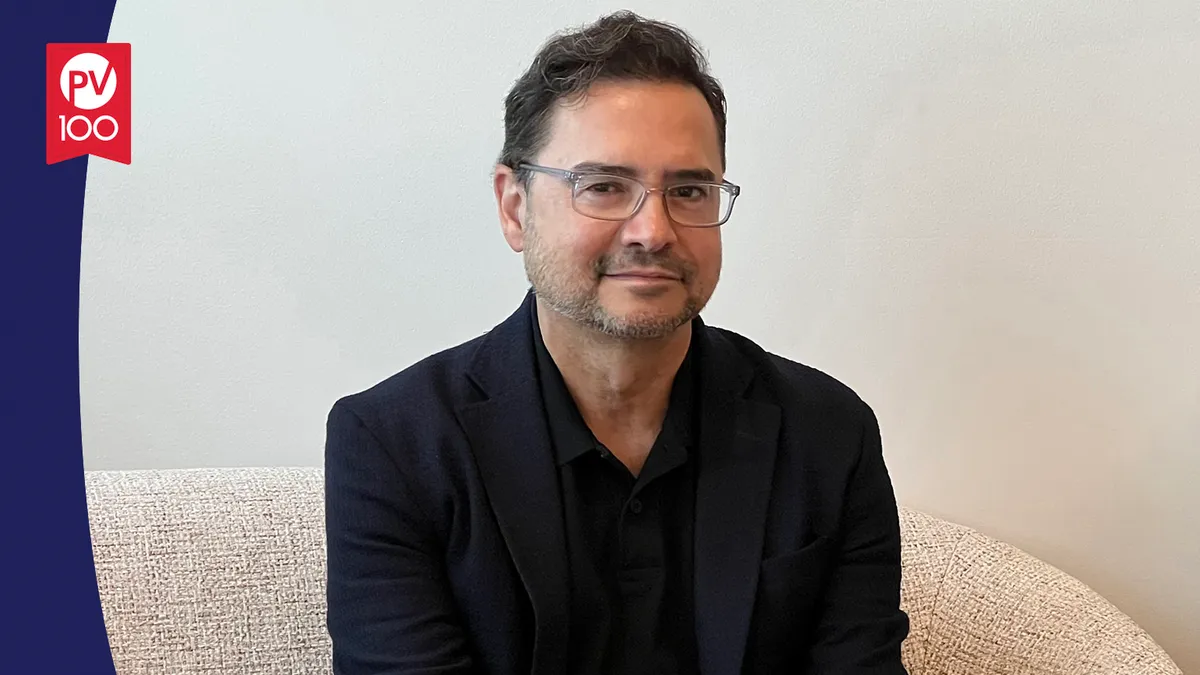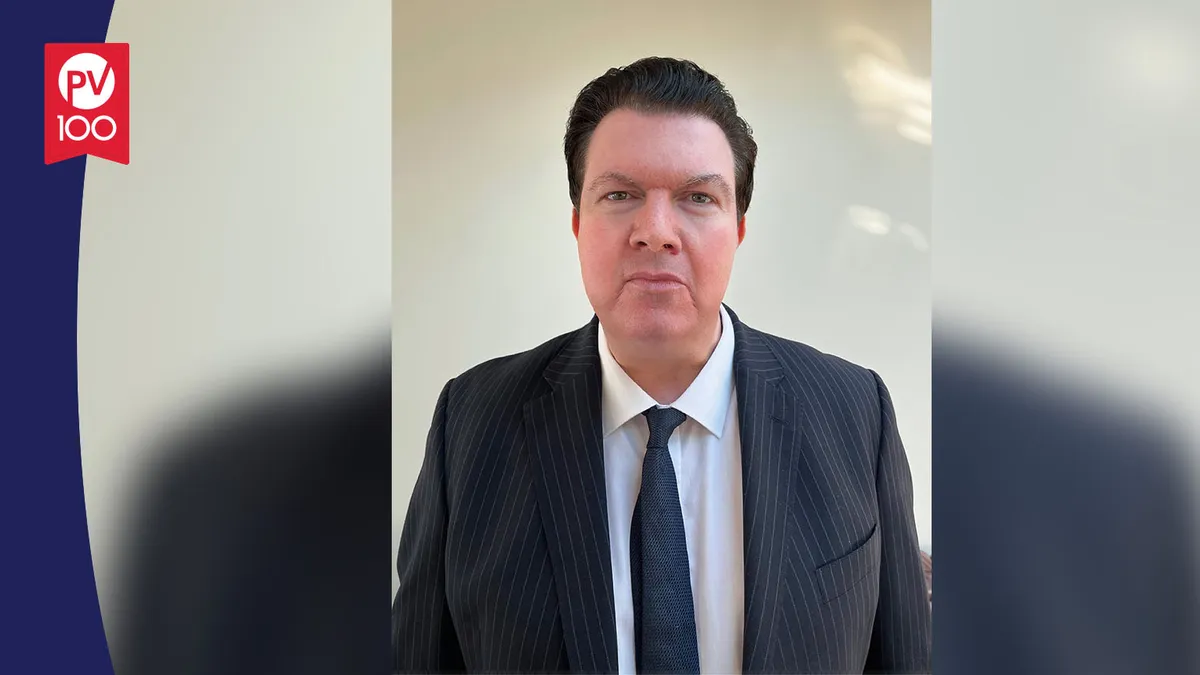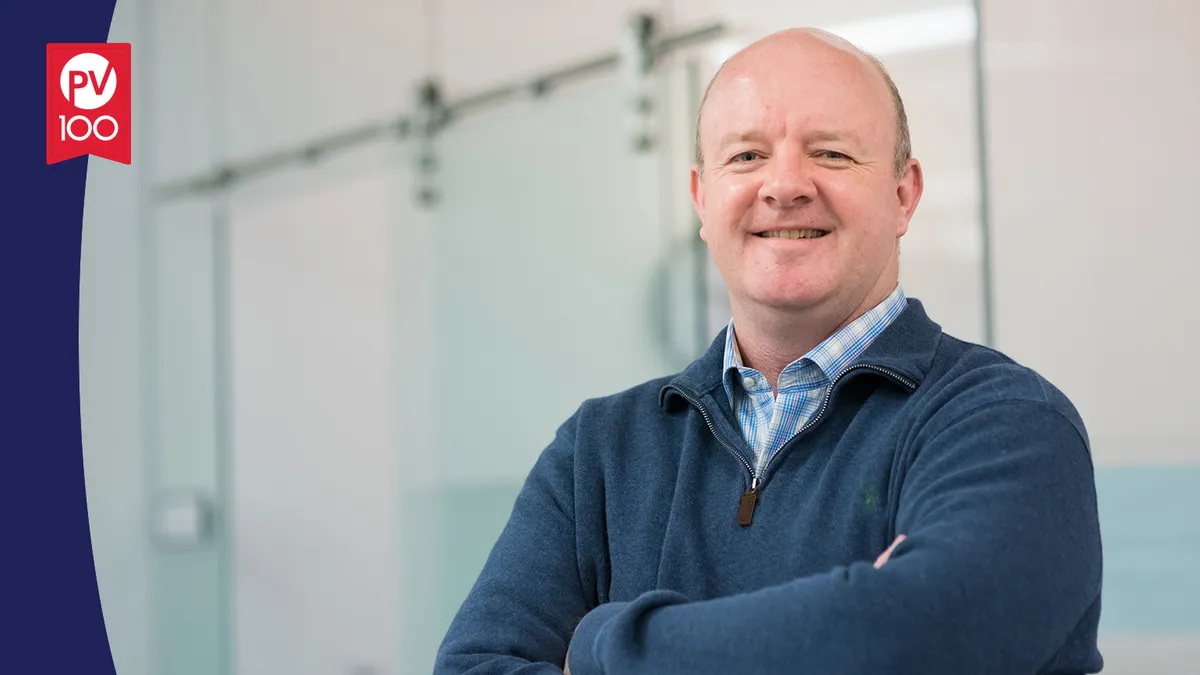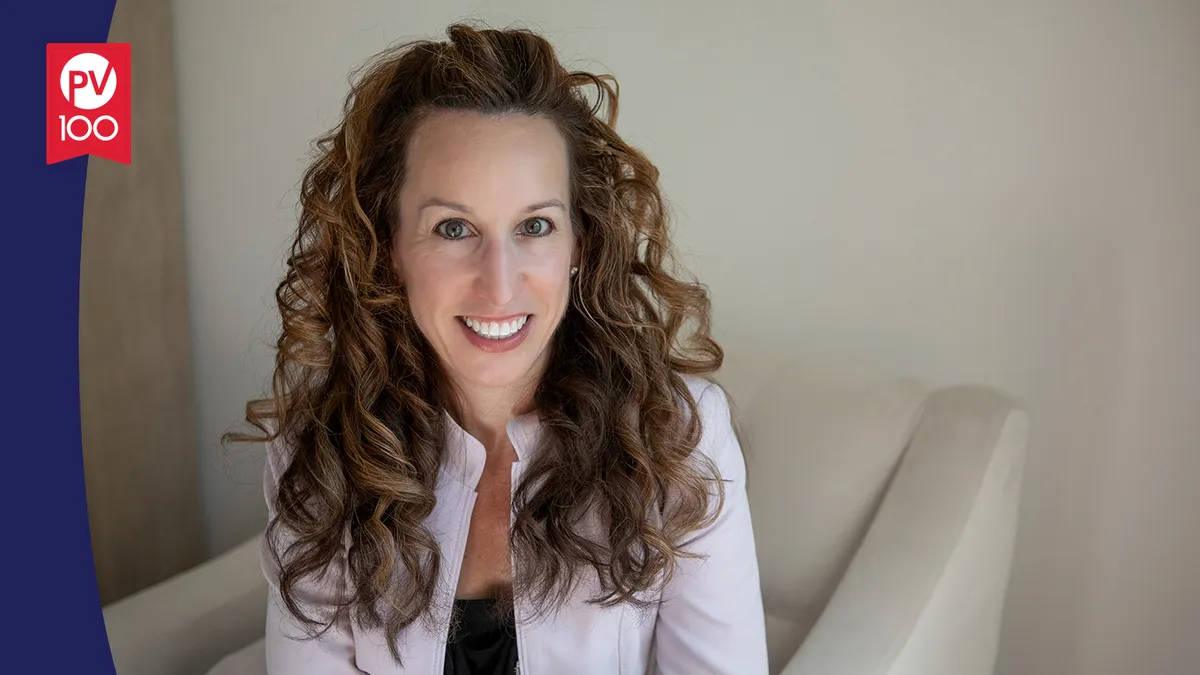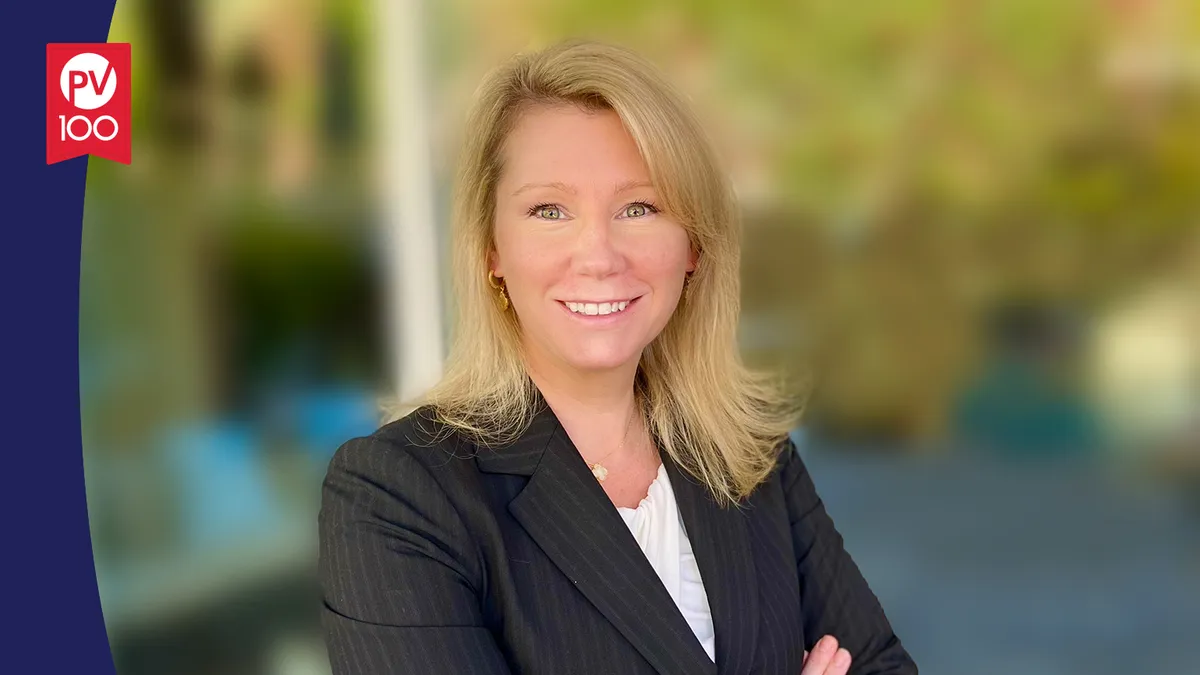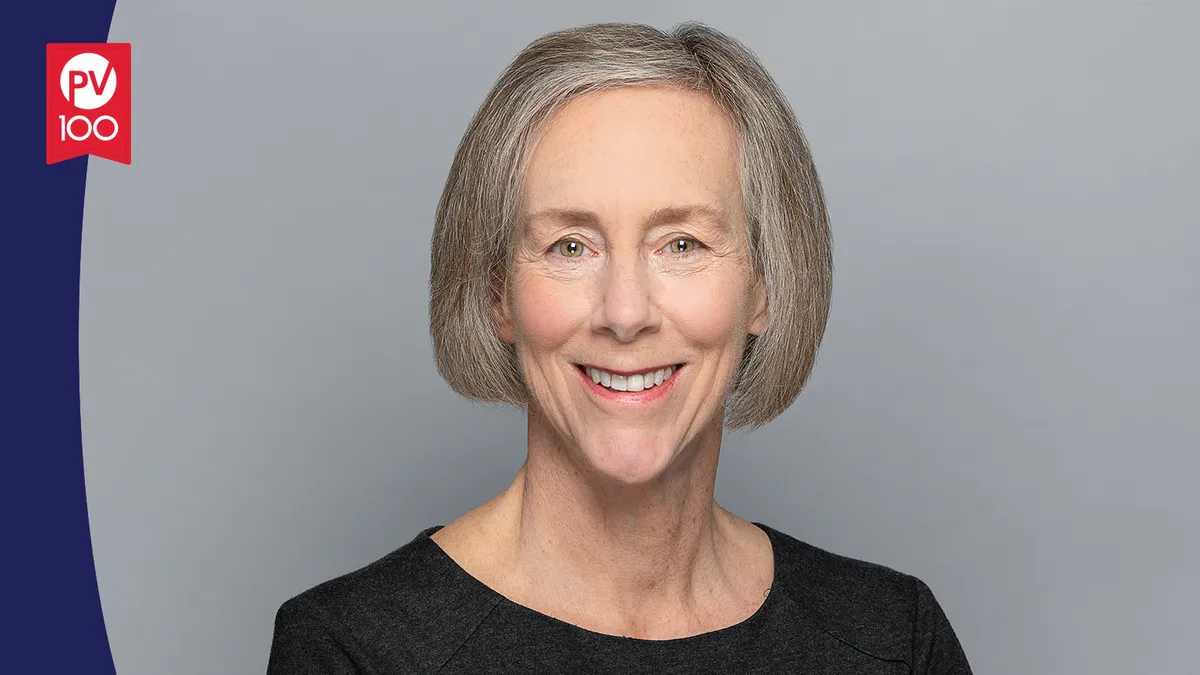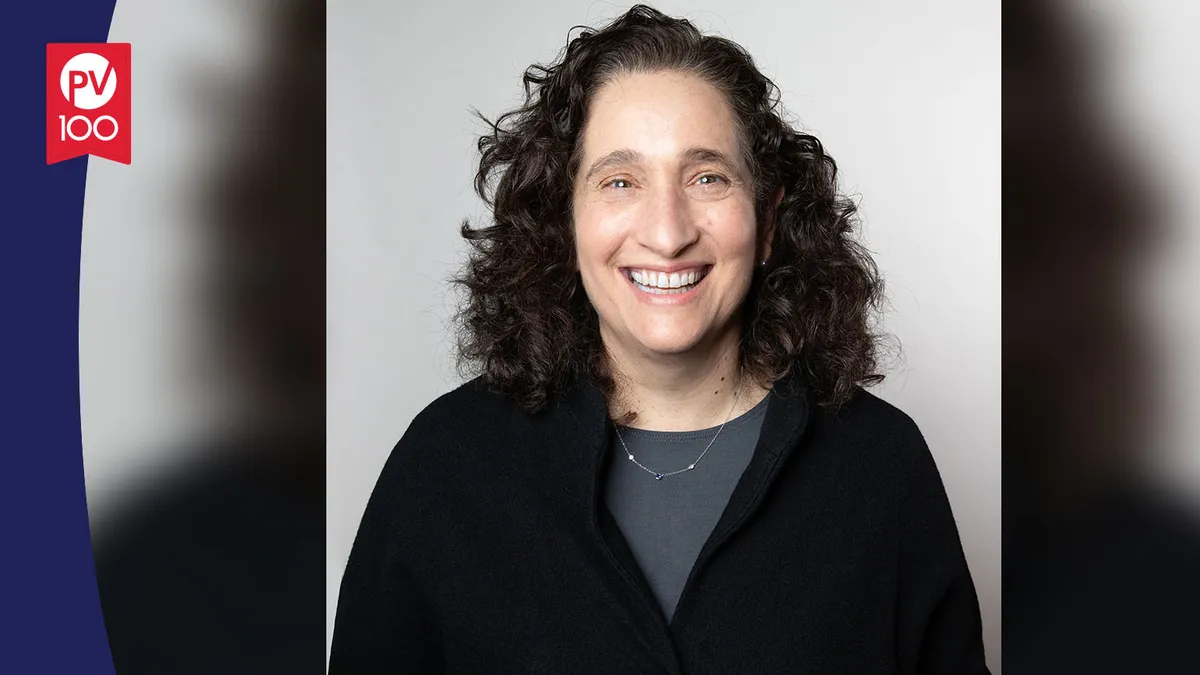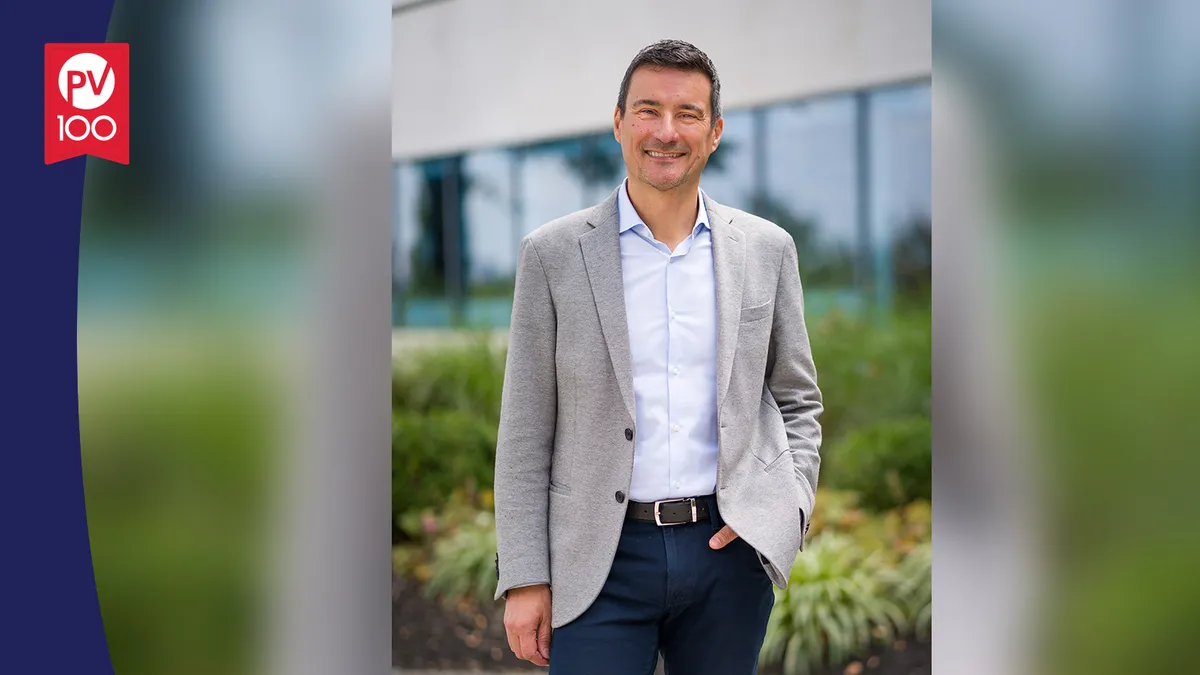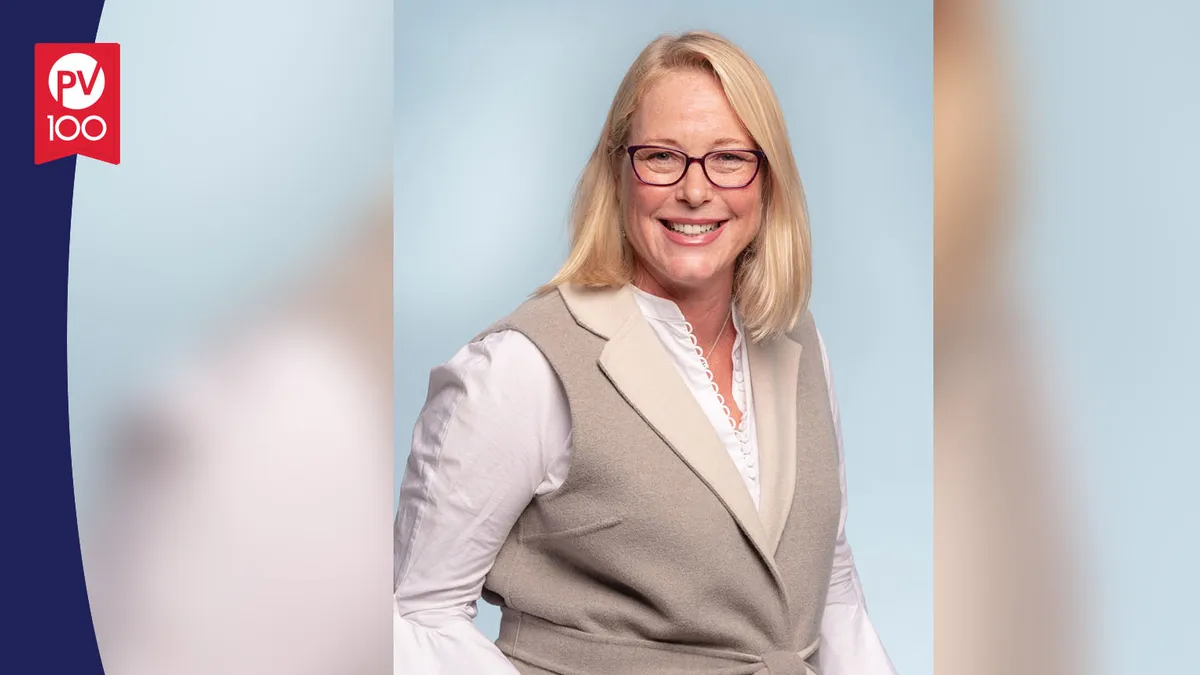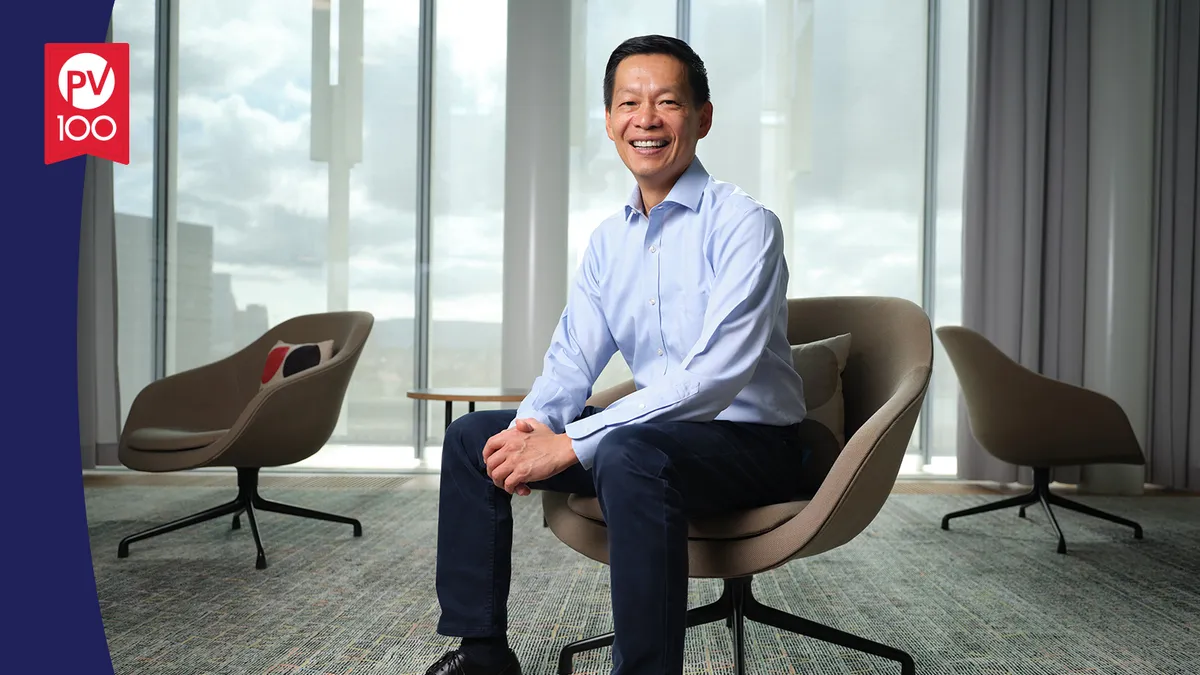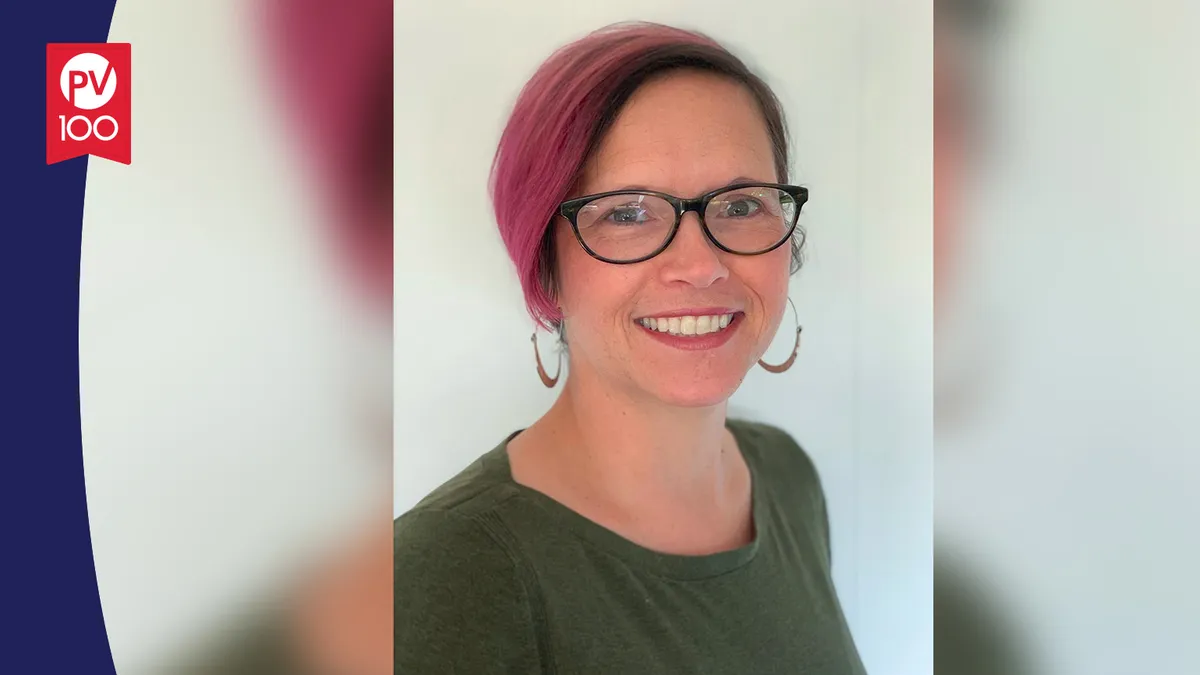Editor’s note: This story is part of our 2022 PharmaVoice 100 feature.
Like any good scientist, Otis Johnson follows the data. So, in 2020 when the COVID-19 pandemic laid bare the health disparities faced by minority populations in the U.S., he got to work.
As a then-product line executive at clinical trial solutions company Clario, Johnson, like many pharma executives at the time, saw a need to strengthen diversity in the trials the company helped recruit for and manage. And rather than looking around the room, he quickly volunteered to take on the work himself.
Despite already leading a high-value portion of Clario’s business, Johnson translated his over two-decades of clinical research and commercialization experience, including stints at Merck, Syneos and Icon, into the newly minted role of chief diversity, inclusion and sustainability officer.
“For me, it was a risk because up to that point, I had a pretty strong clinical development career. But I saw that I could do good for more people. And I embraced it,” Johnson says.
Now, just about a year into the role, he’s already beginning to see the fruits of that decision. Under his leadership, Clario is setting and achieving ambitious goals to advance diversity, equity, inclusion and sustainability across the company.
“Like a great conductor, he is creating a symphony out of his exceptional intellect, powerful business acumen and devotion to correcting social injustices,” one of Johnson’s nominators says.
Making progress toward diversity
To move the dial forward, Johnson is applying the same thoughtful research methods and data-driven insights he used while designing clinical trials. In terms of increasing diverse trial recruitment, those insights — in the form of a 2021 Tufts Health survey — have led him to take a bottom-up approach by first improving Clario’s workforce diversity.
“The data is clear,” he says, discussing the study, which found that diverse enrollment is more likely to occur at trial sites with diverse staff. “If a site staff that looks like you informs you of a clinical research opportunity, you're more likely to sign up for it.”
With that research in mind, he’s led Clario in setting goals to achieve a workforce comprising 40% of people of color in the U.S. and establish gender balance in leadership roles, with a target of having women in at least half of all director and above positions by 2024. Achieving those goals is no easy feat, and Johnson’s counting on incremental steps to get the company closer to the larger targets. But success is not an option — it’s necessary, he says.
“When I go to our talent acquisition team, and I tell them I want more diverse candidates on the slate, they'll tell me that there's just not enough of them in our industry,” he says. “I tell them, I do not accept that.”
Instead, the company is working to remove unconscious bias from the hiring process. They now use a software platform that blinds job candidates’ names and pictures and matches their resumes directly to the job description. For the hiring of high-level positions, Clario is also now mandating that there be “at least two diverse candidates,” and are ensuring more diversity on interview panels, Johnson says.
“It is important to help employees understand the far-reaching impact of their work, so that they feel they have contributed to the greater good.”
Otis Johnson
Chief diversity, inclusion and sustainability officer, Clario
They’re tackling pay inequity, too. According to an analysis Johnson commissioned, women make $4.37 per hour less than their male counterparts on average at the company. Within the next three years, Johnson says he’s hoping to make “significant progress” in changing that and is currently working with a contractor to uncover where more specific pay discrepancies may lie.
But according to one of Johnson’s nominators, one of his “greatest accomplishments” has been the creation of the company’s employee resource groups, which have so far enrolled 400 active members who work to create training, internal policies and outreach events to promote inclusion.
“[Johnson] leads the [employee resource groups] from the front,” a nominator says. “He goes first, and he goes hard, tearing down inclusion barriers all while remaining directly accessible to the employees.”
Being accountable to his colleagues and giving back are integral to Johnson’s leadership style. At work, he takes time to understand everyone’s point of view and ensure that they feel heard, a nominator says. In his free time, he works to improve the field by advising students and faculty on Wake Forest University’s Clinical Research Management Program and on the diversity advisory committees of the Association of Clinical Research Organizations and Association of Clinical Research Professionals (ACRP).
A sustainable future
Johnson’s work isn’t lacking on the sustainability front, either. He’s making strides to achieve the company’s goal of net zero emissions by 2045 and is “looking for opportunities to accelerate that process.”
One of the most promising areas he sees to decrease emissions is logistics.
“We ship a lot of devices around to collect data for clinical trials, and we really have an opportunity to reduce our carbon footprint,” he suggests.
The company has begun implementing a travel booking system that allows it to choose flights with the lowest emissions. It also significantly cut back on office space in light of the shift toward remote work during the pandemic and has reimagined the facilities as smaller “collaboration hubs,” which reduces the amount of fuel and electricity generated.
Eventually, Johnson also hopes Clario will be better able to collaborate with suppliers to ensure that equipment for decentralized trials is transported with electric vehicles.
“Increased demand for decentralized clinical trial solutions (DCTs) is an impactful movement. It is comparable to the remote work trend. It is not going away,” he says, noting that the company’s methods must therefore adjust.
The emissions goal, like all of those that the company has set, is ambitious. But Johnson is confident Clario will reach it, noting that the company is holding itself accountable by making the goals public in its environmental, social and governance (ESG) report.
And his colleagues have faith that Johnson will lead them there while pushing the industry to reimagine clinical trials.
One nominator says they have “no doubt that he will be a major industry contributor to improving diversity in clinical trials overall.”








